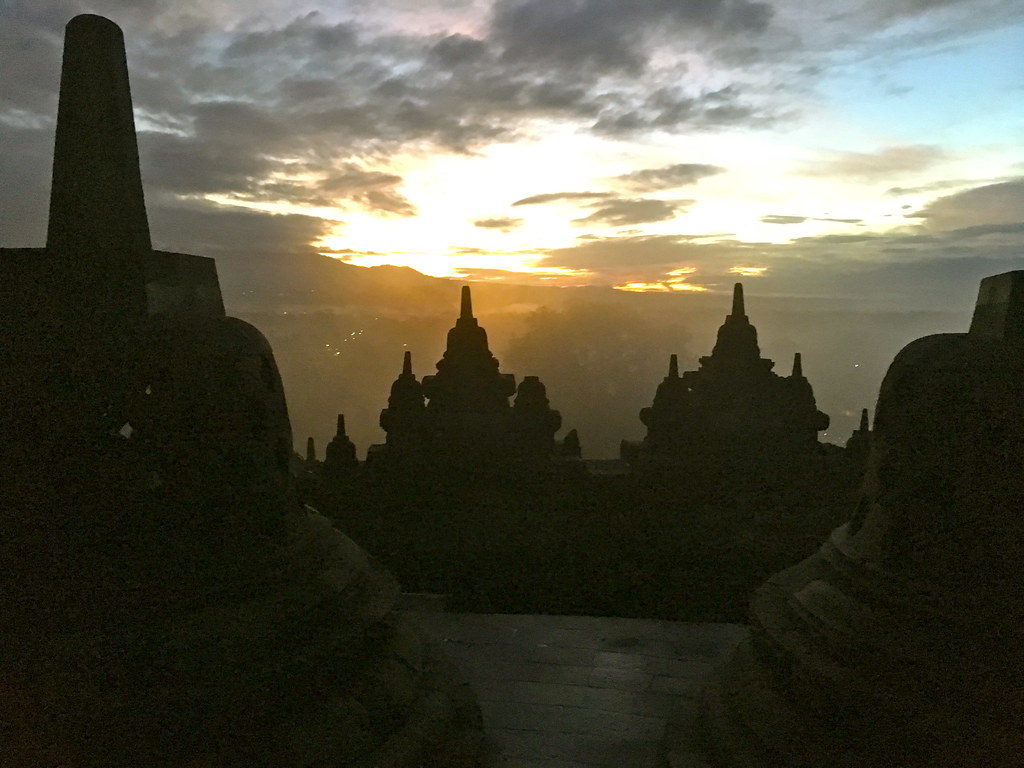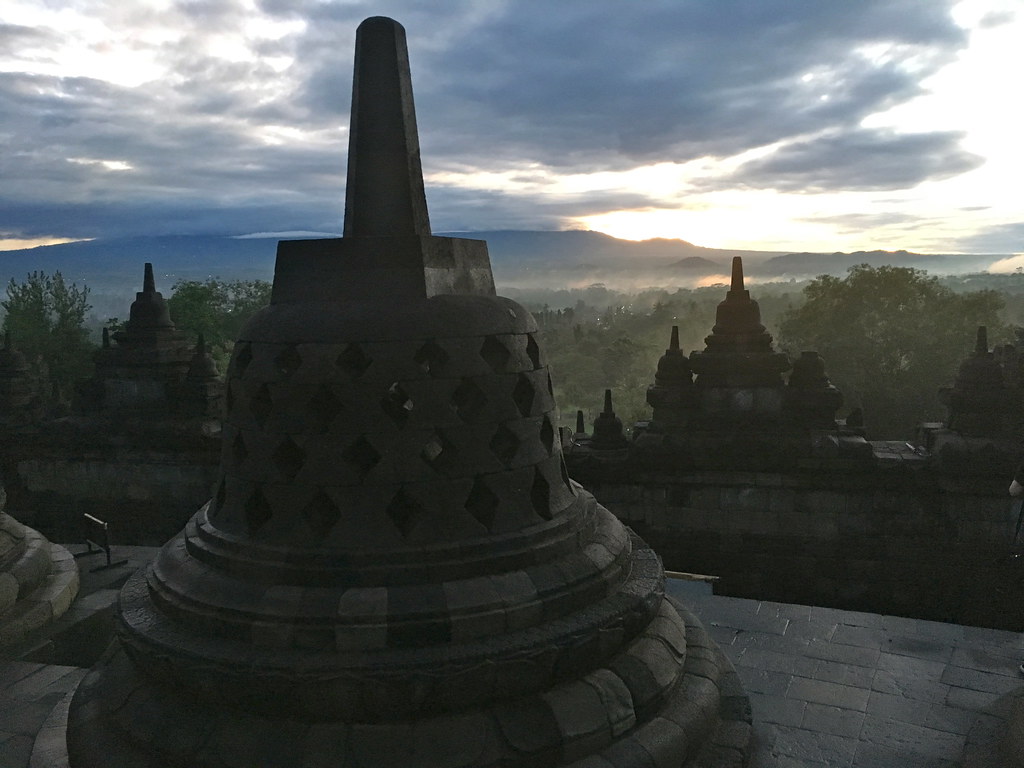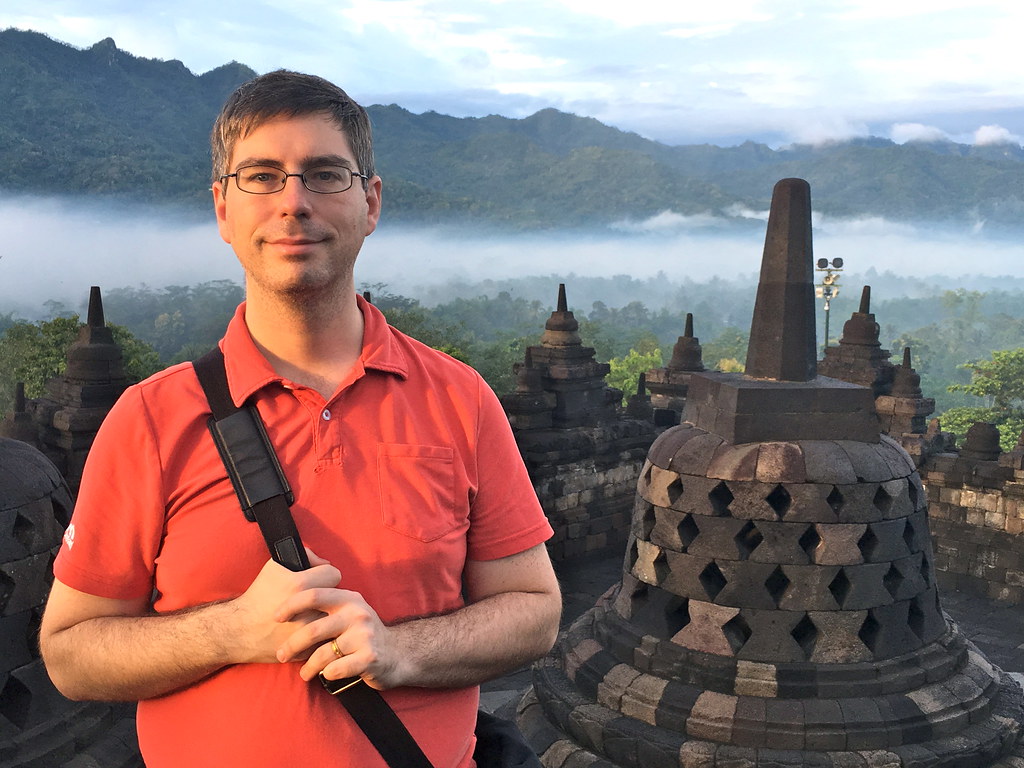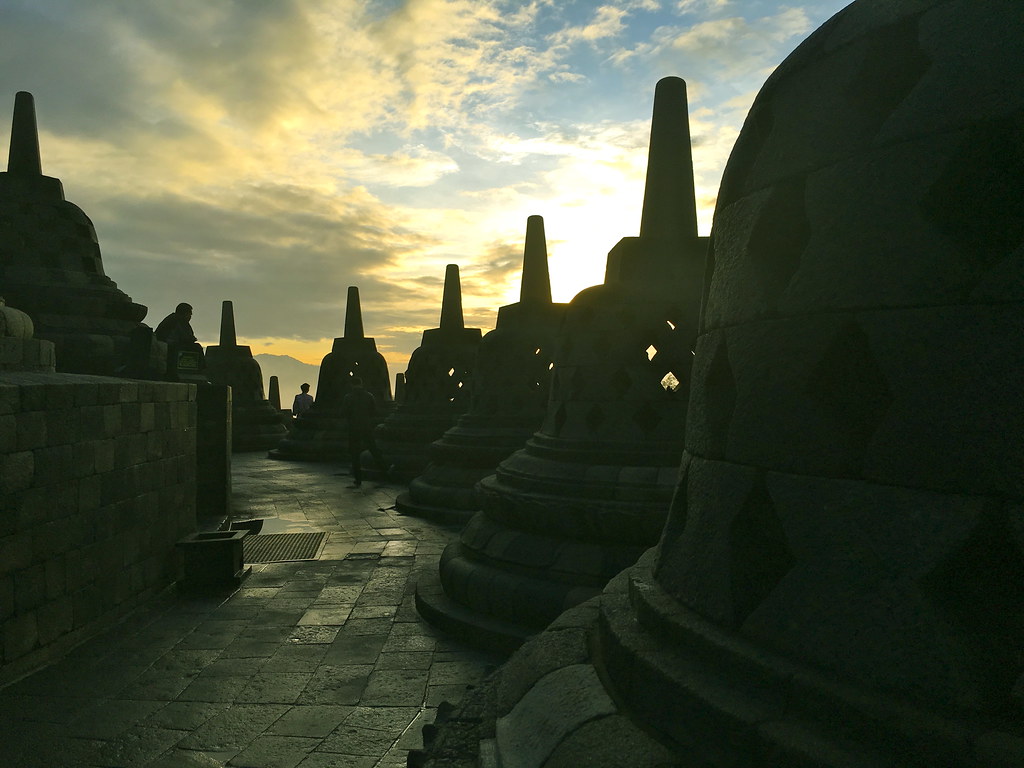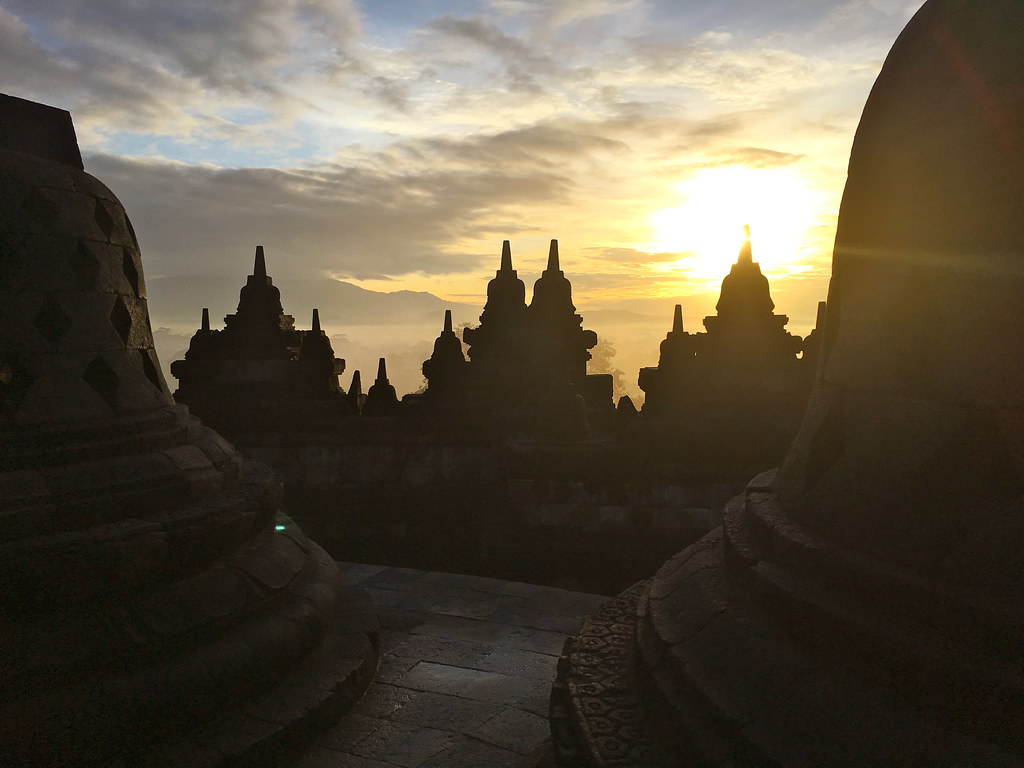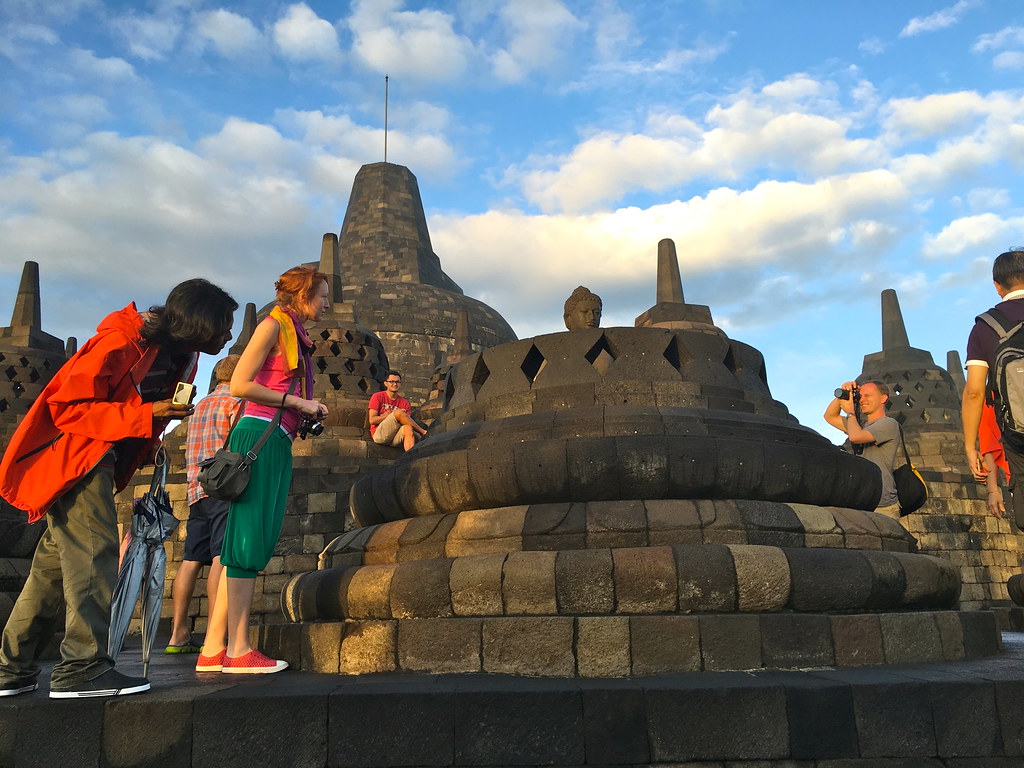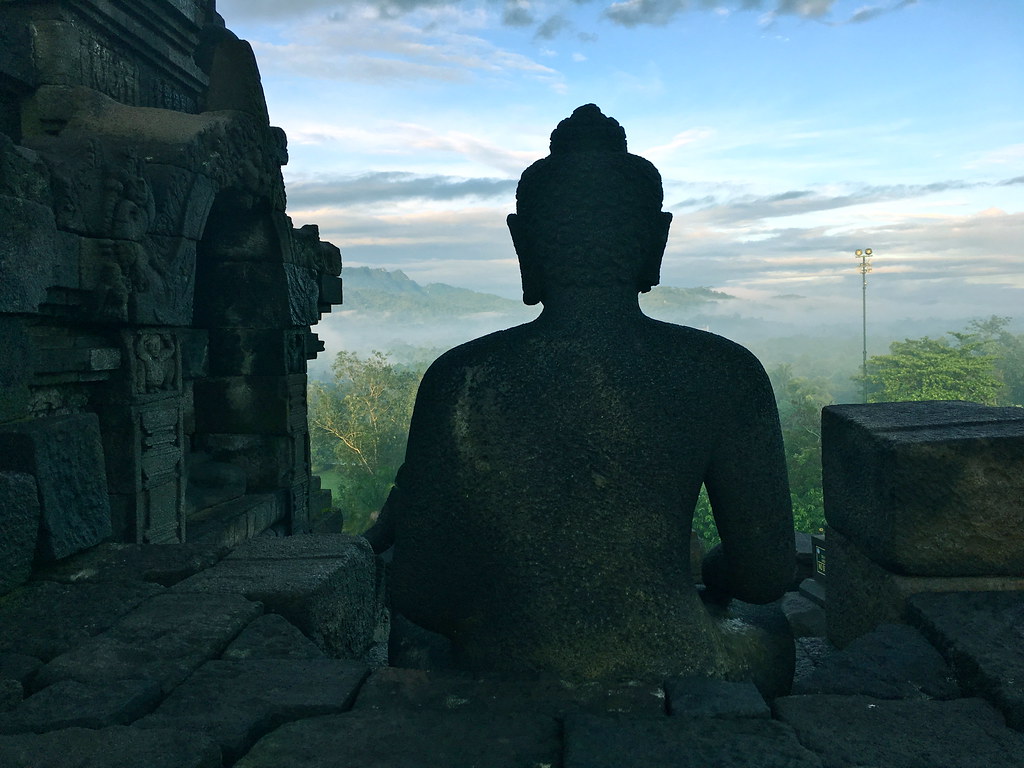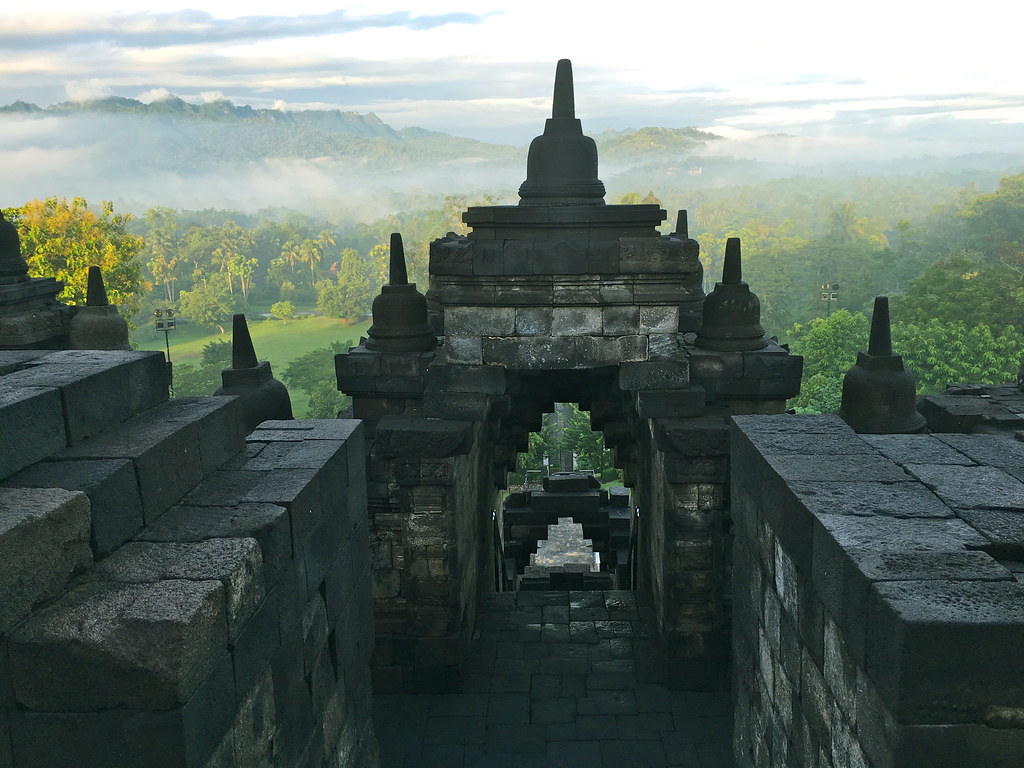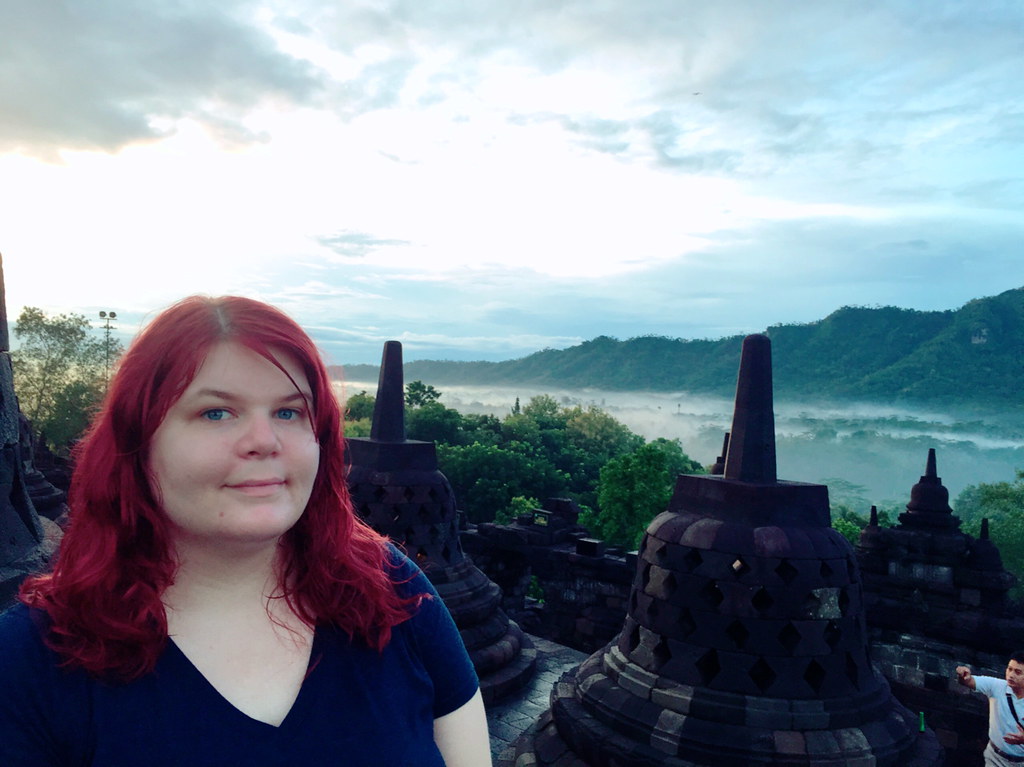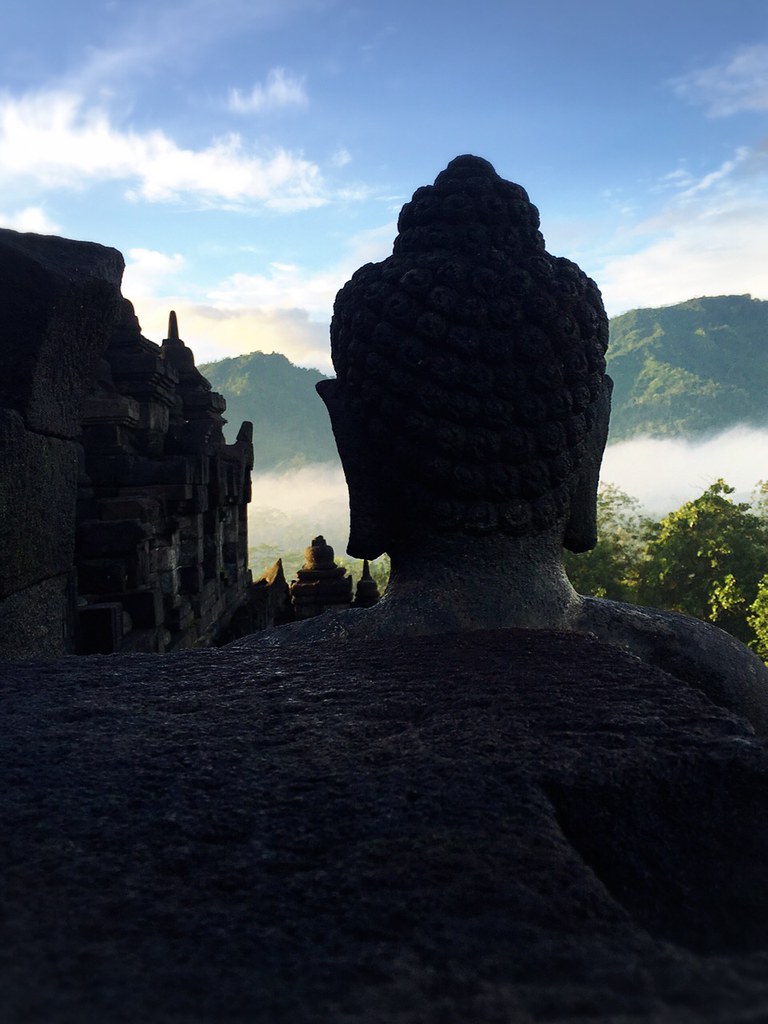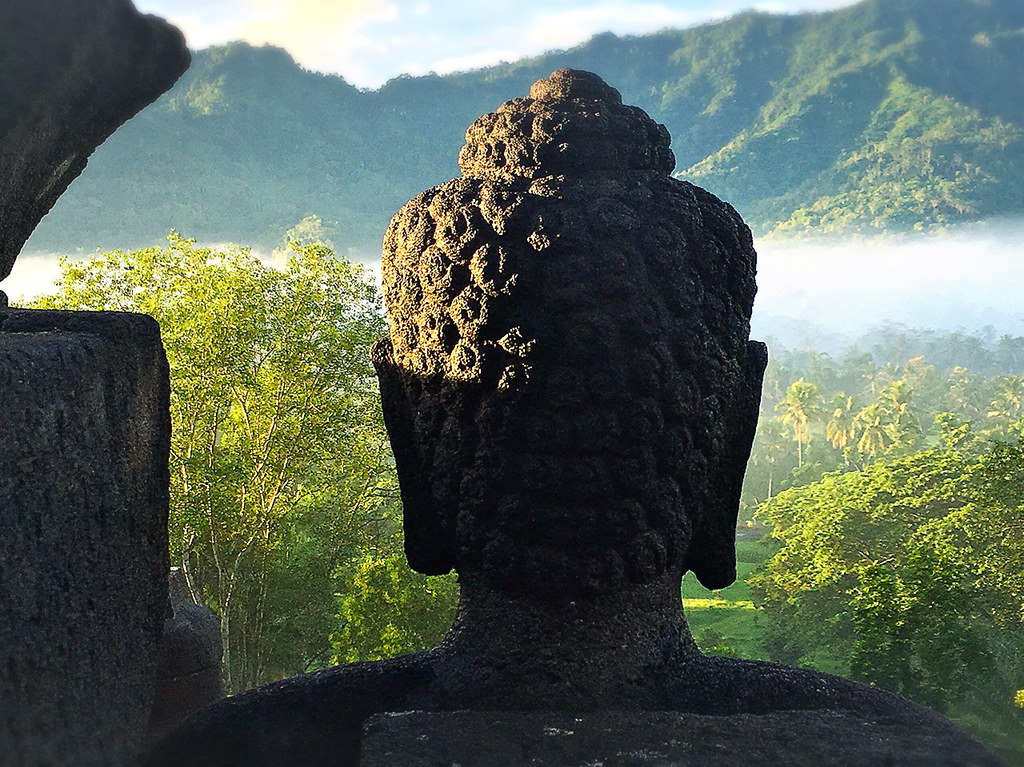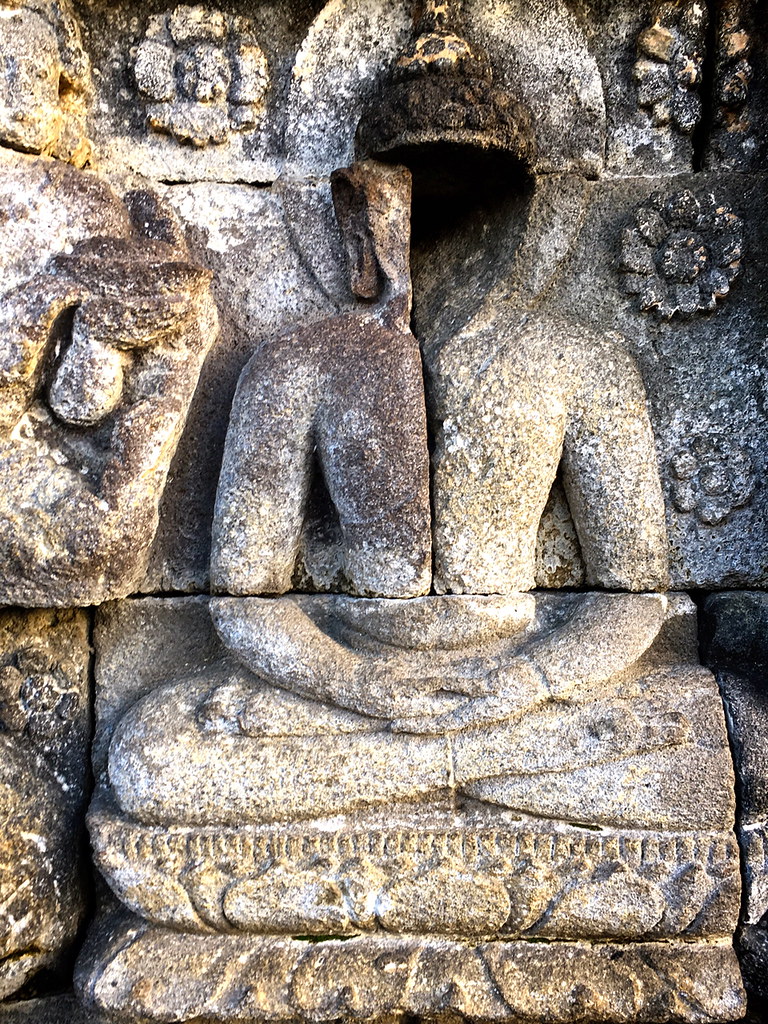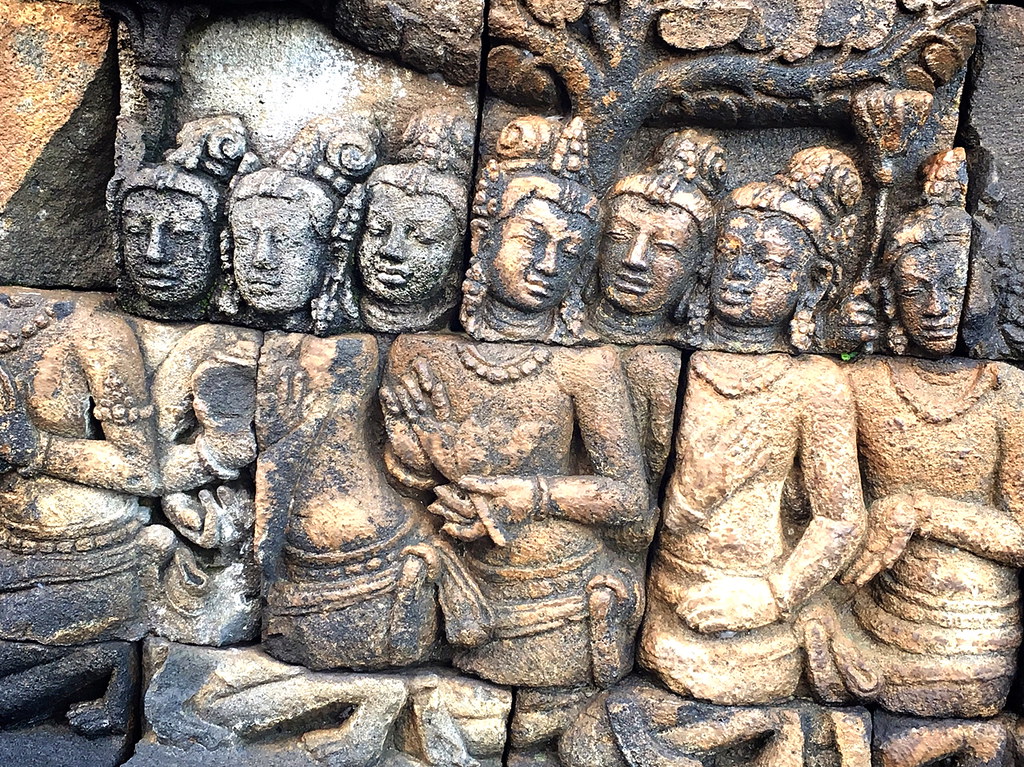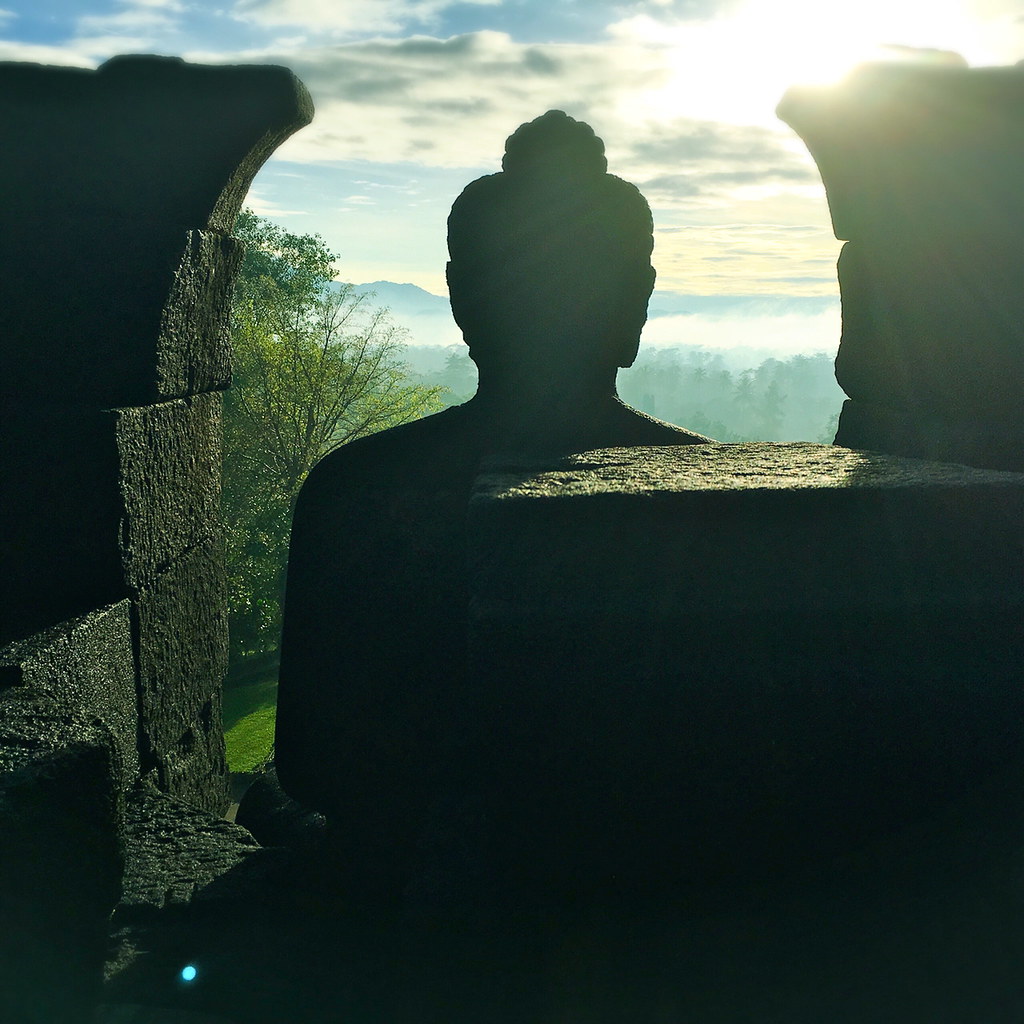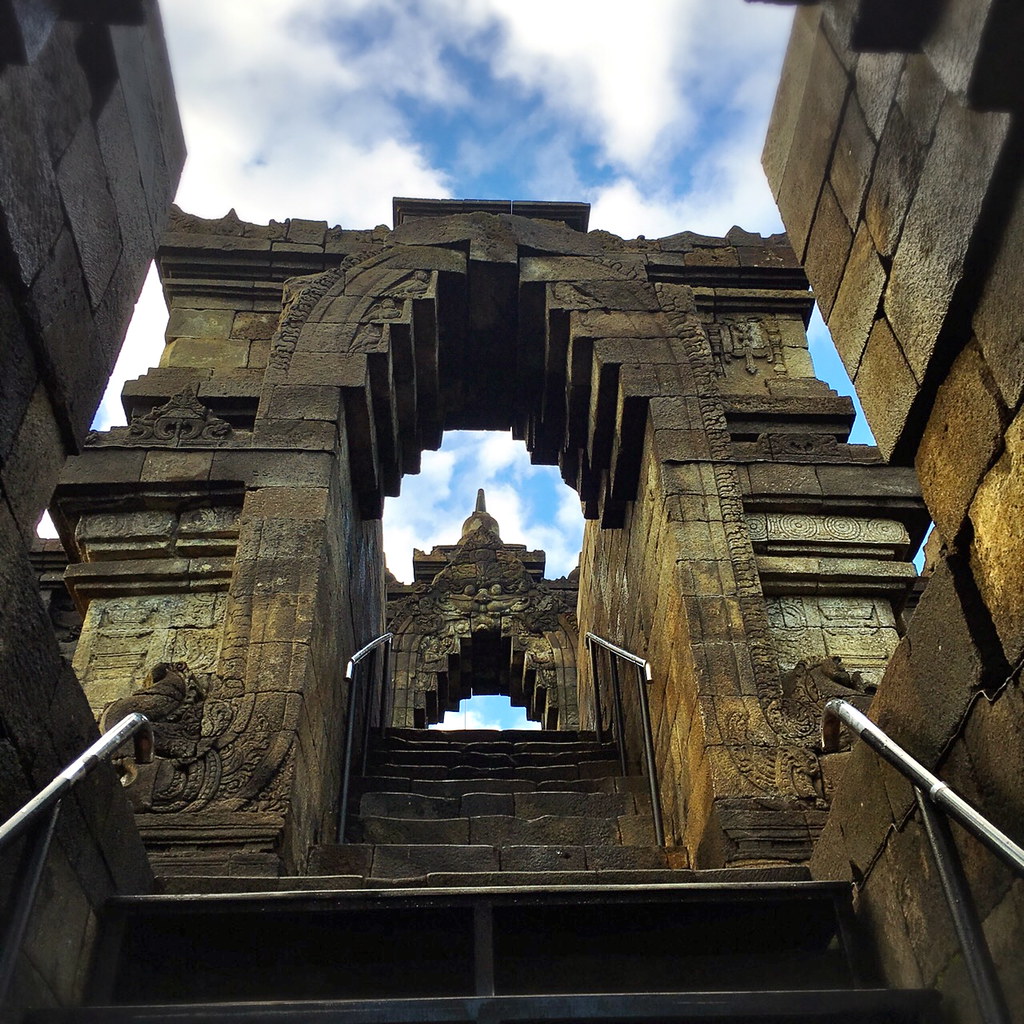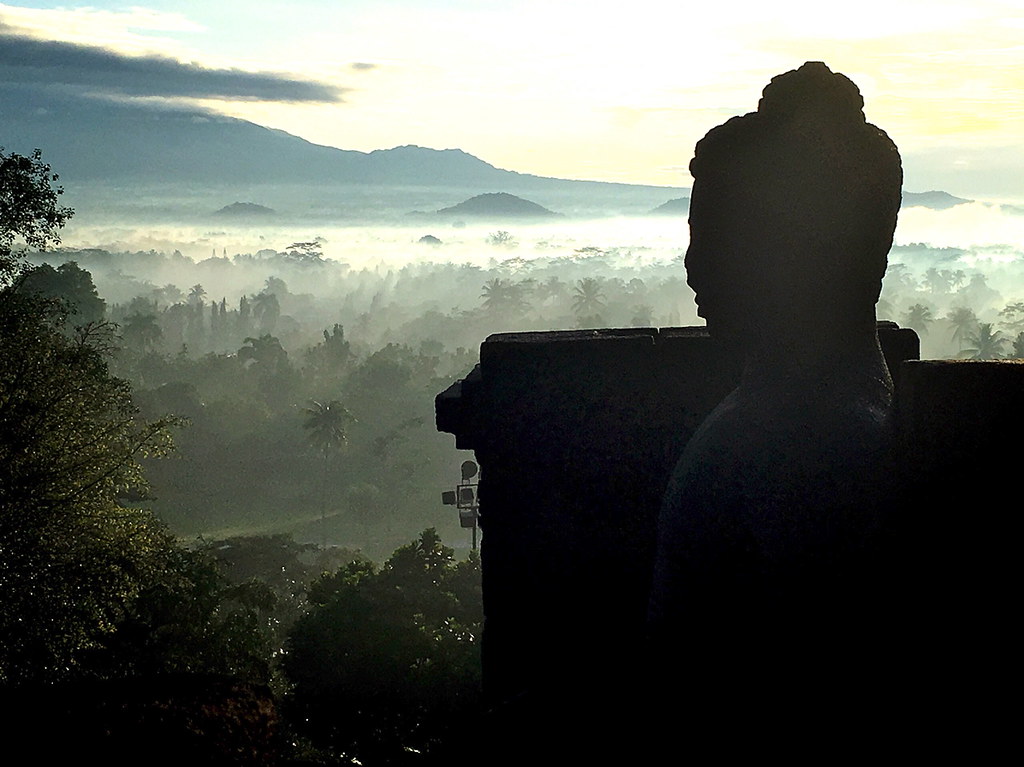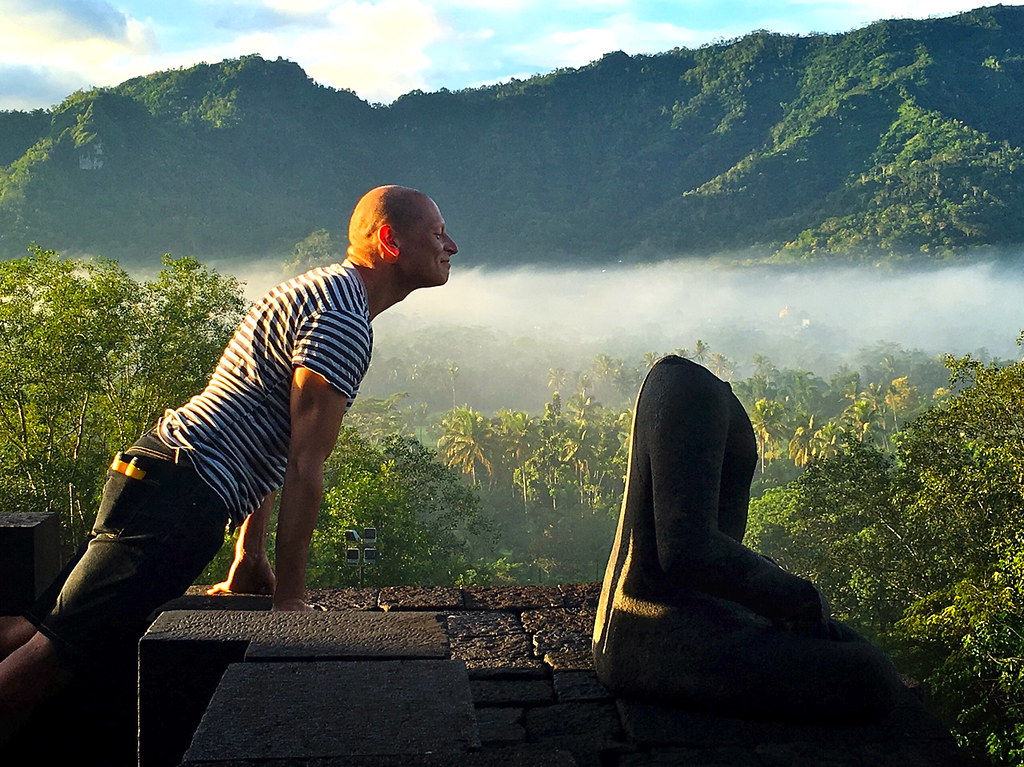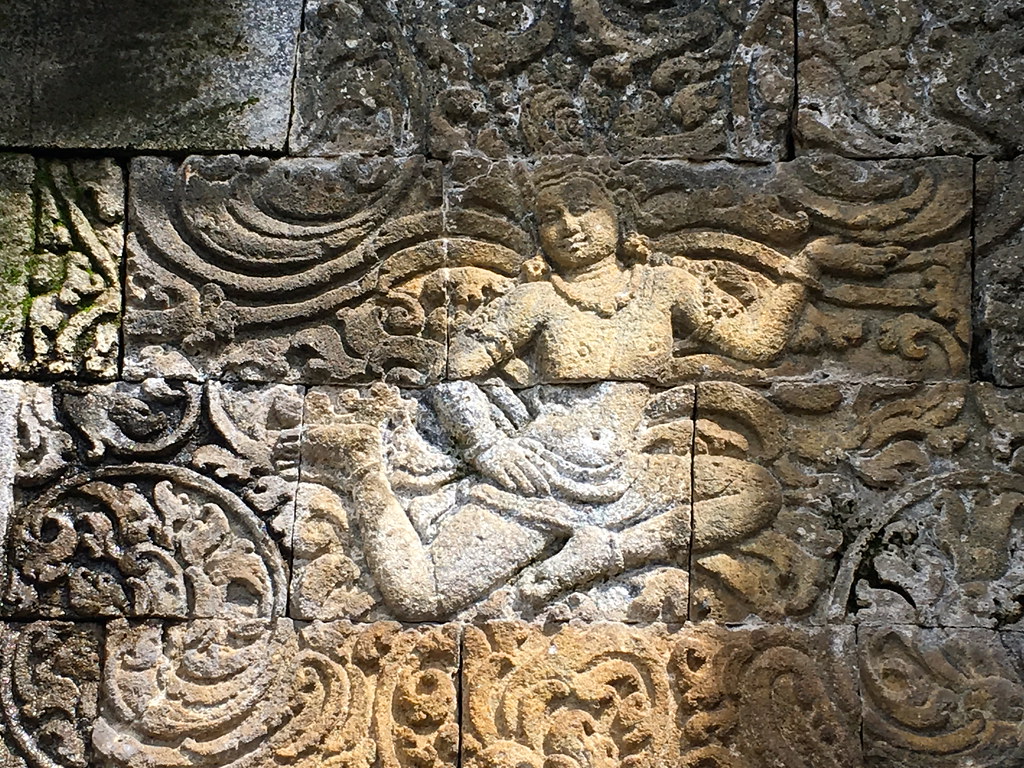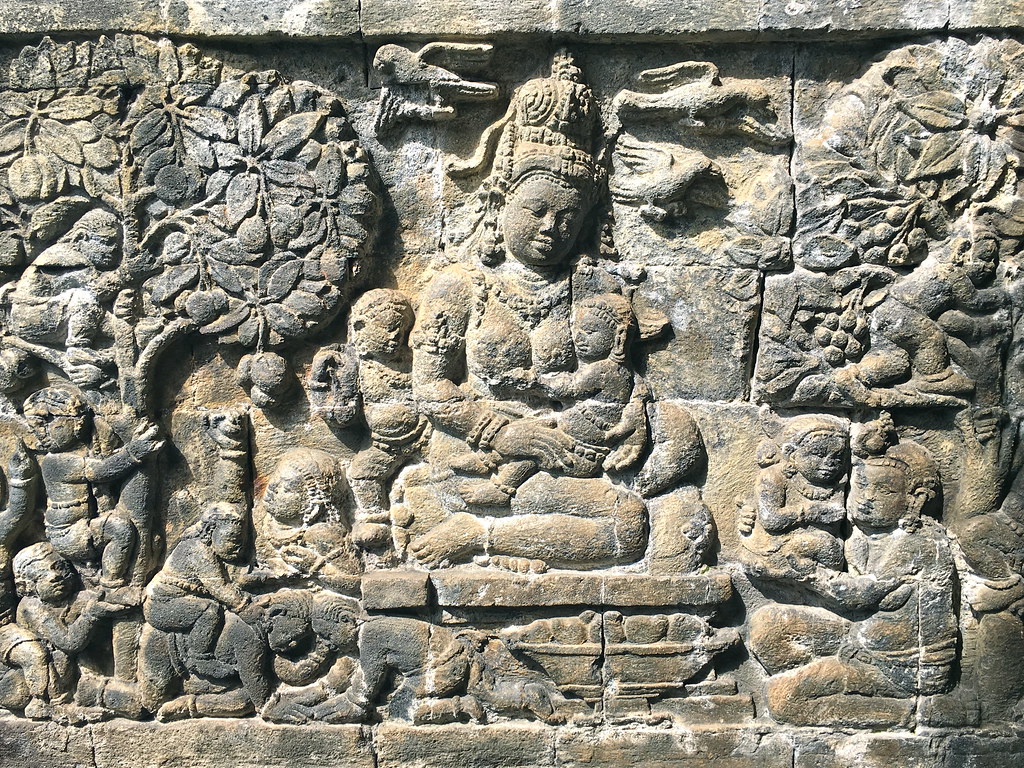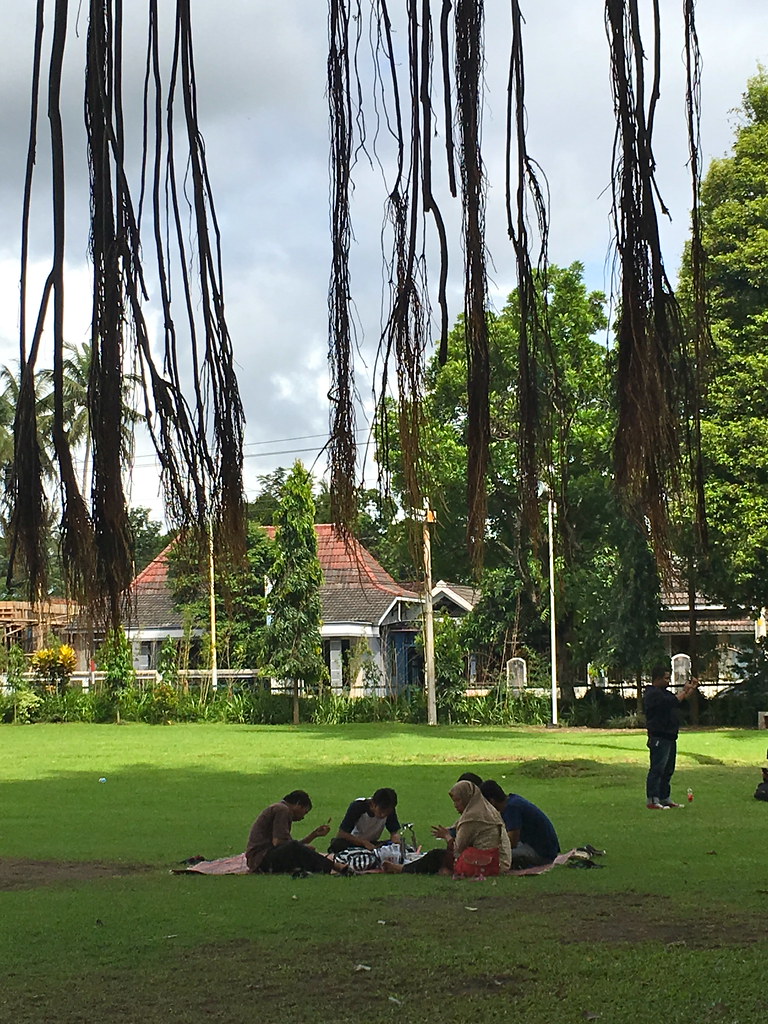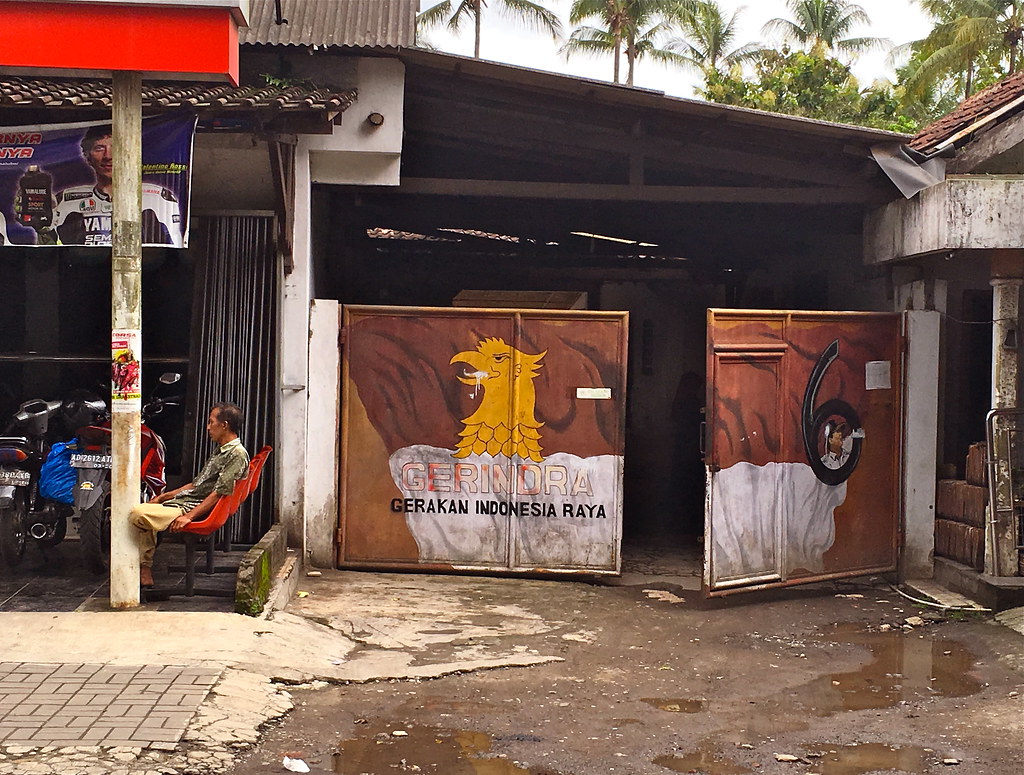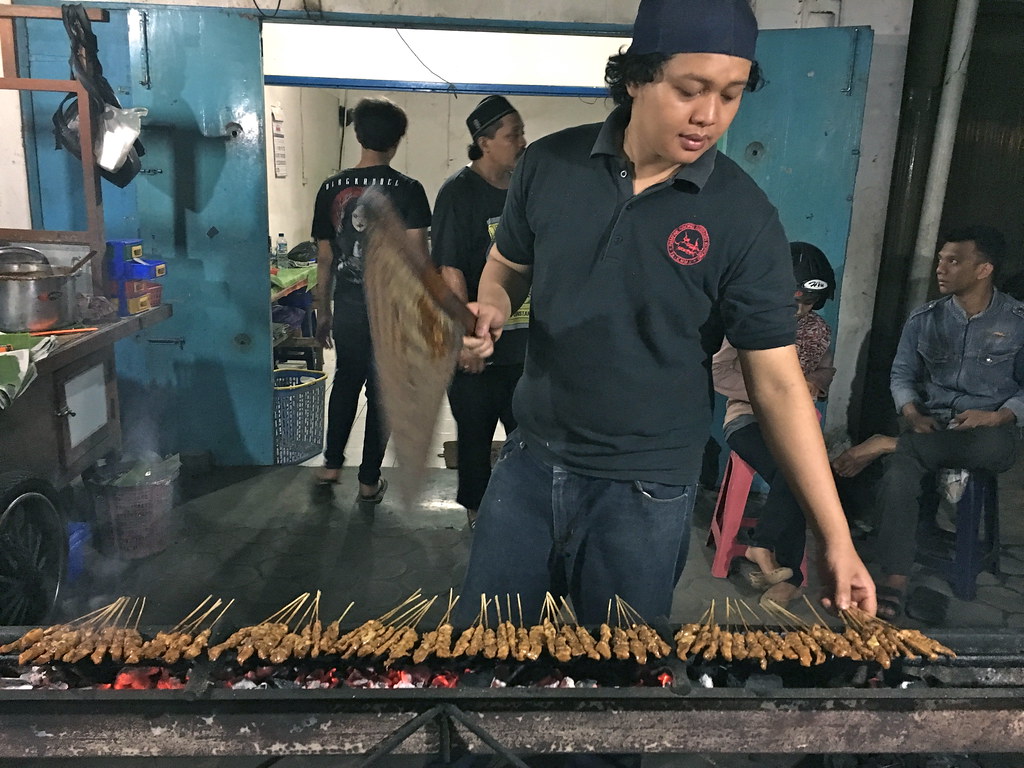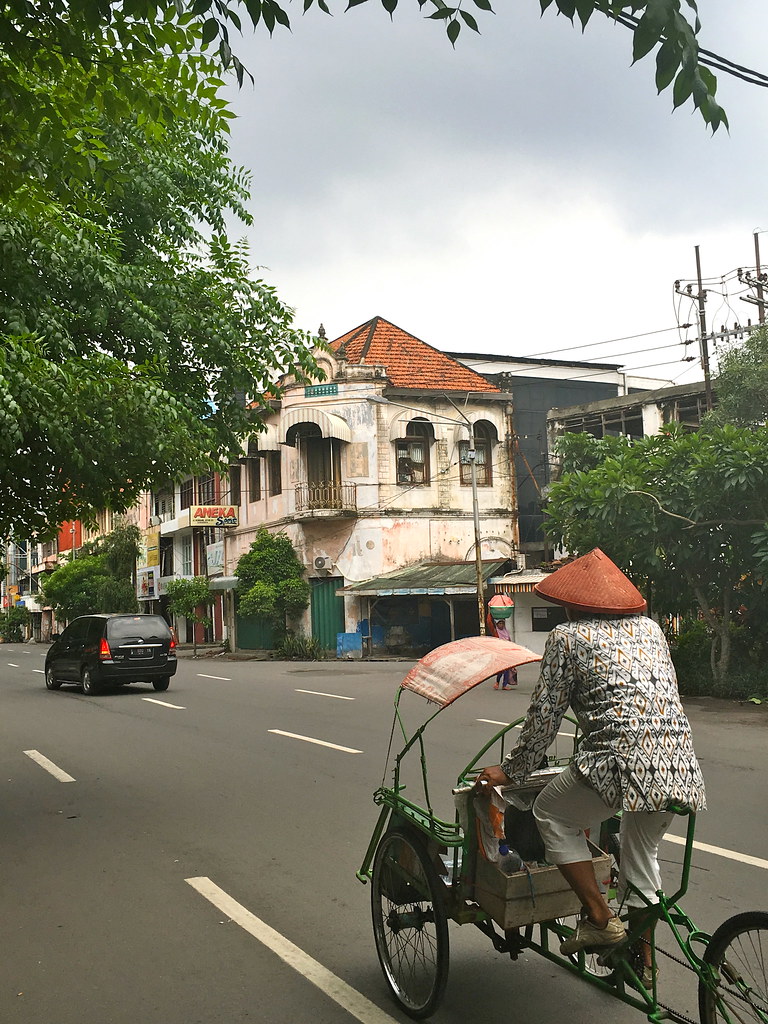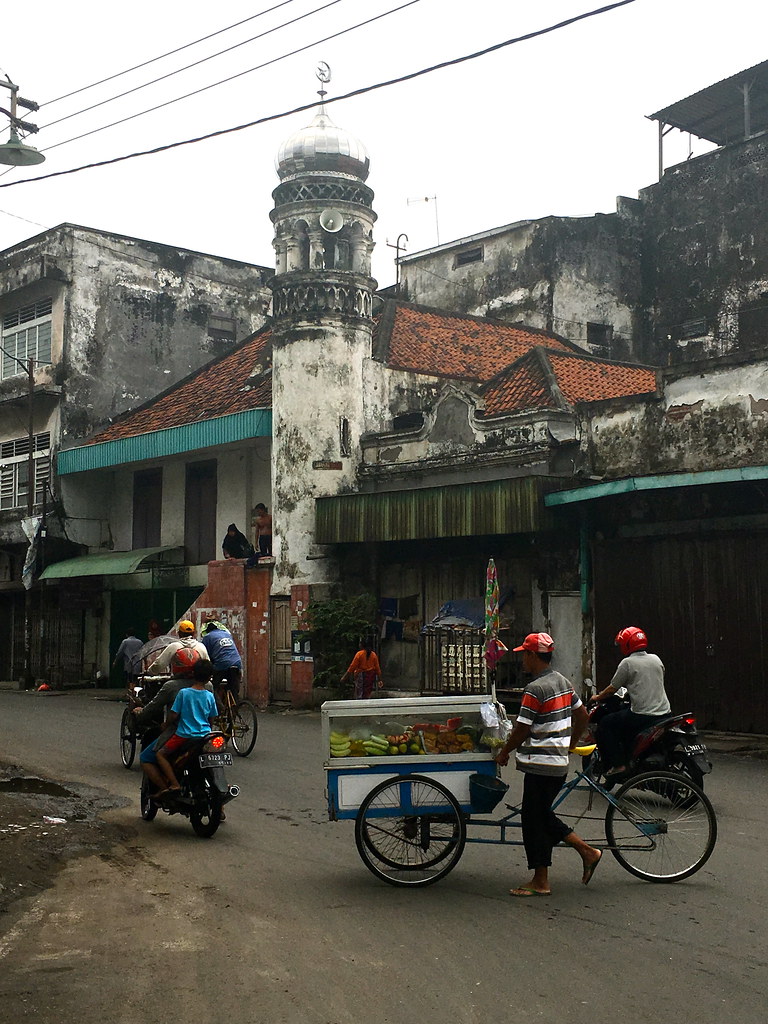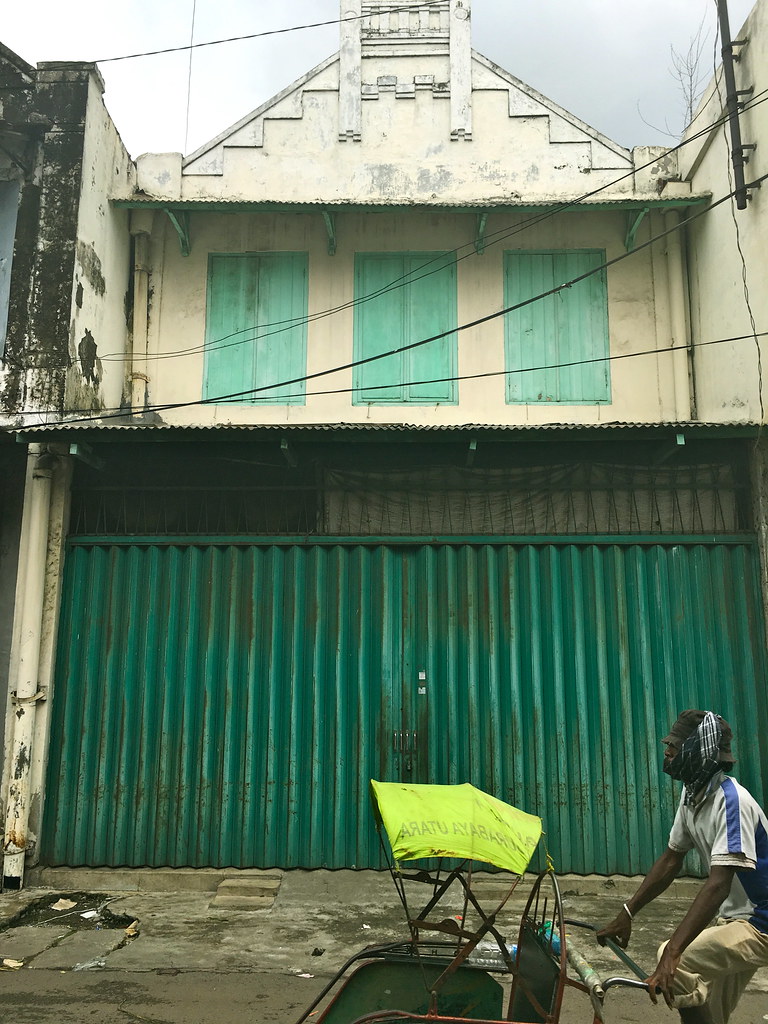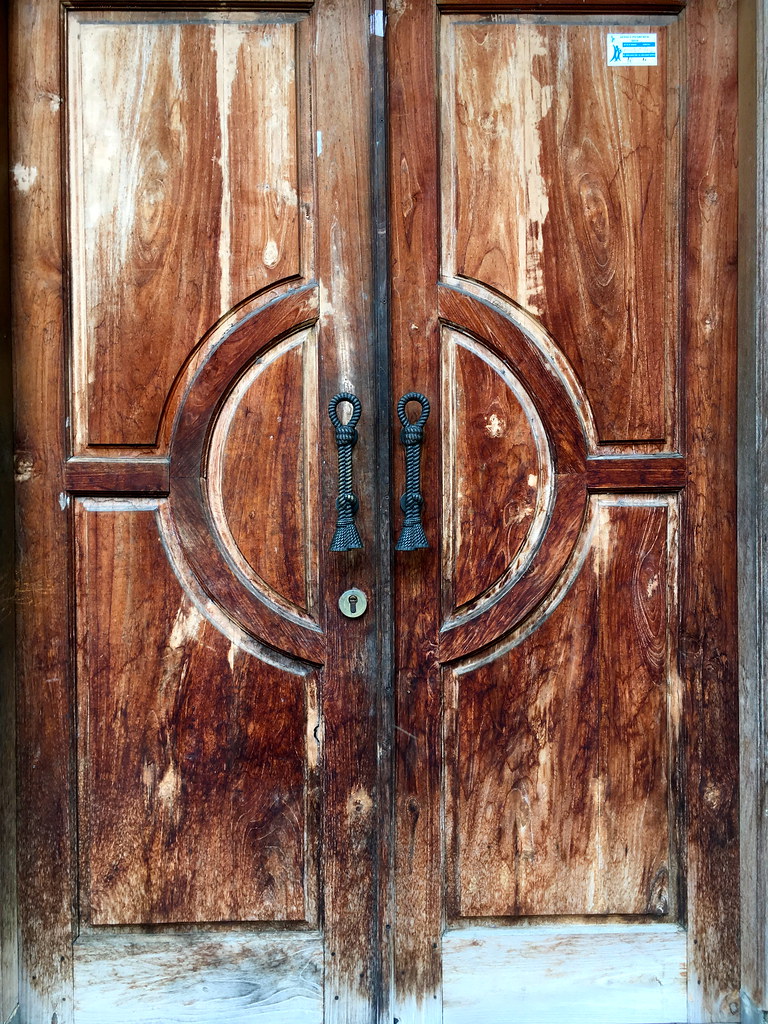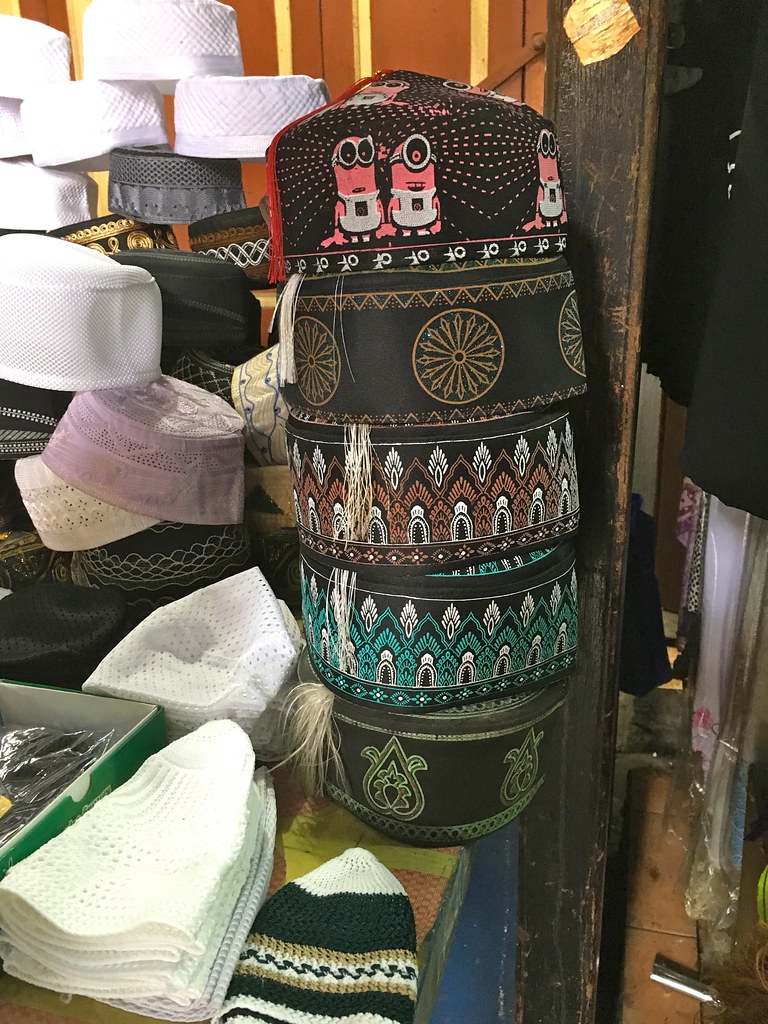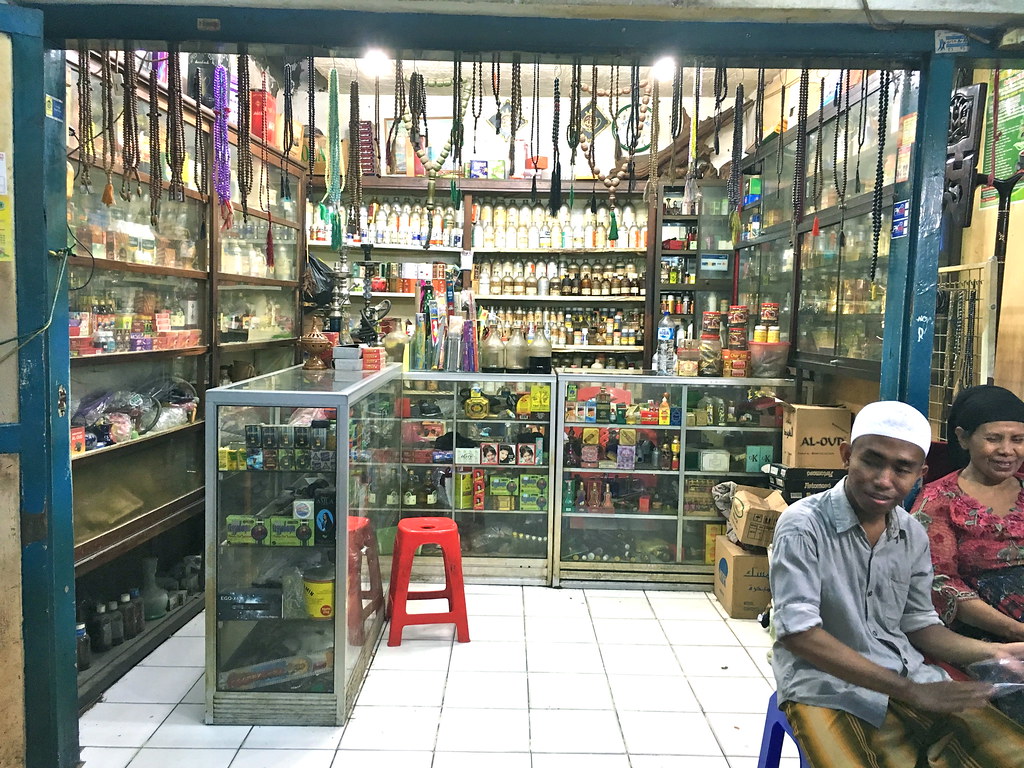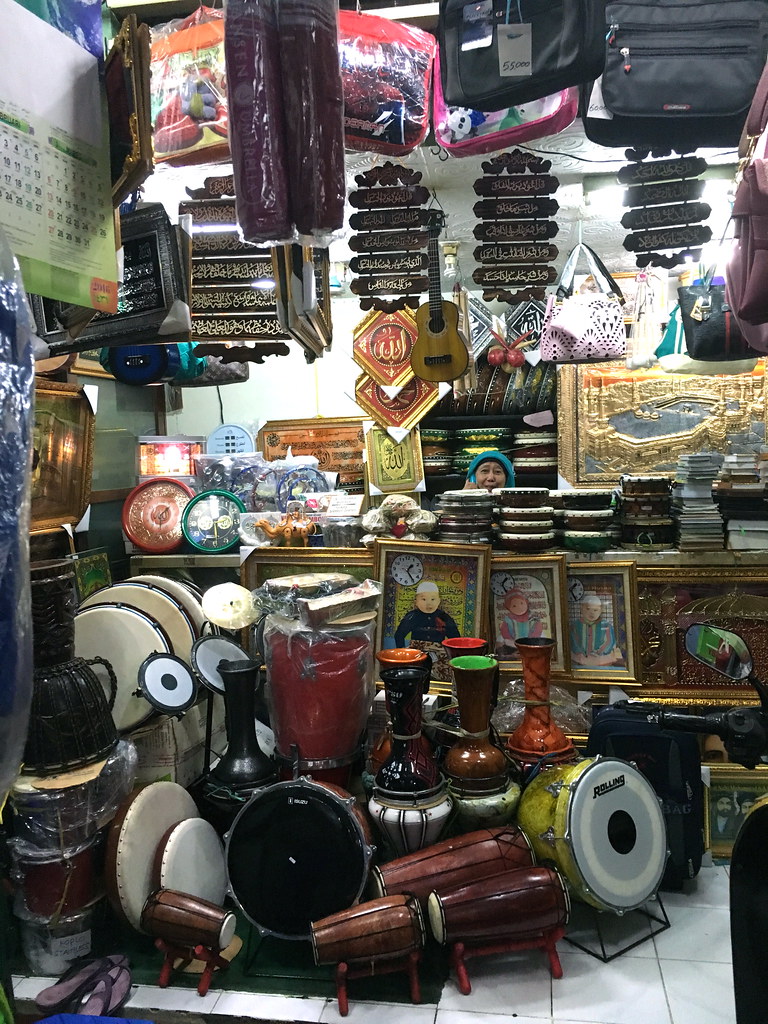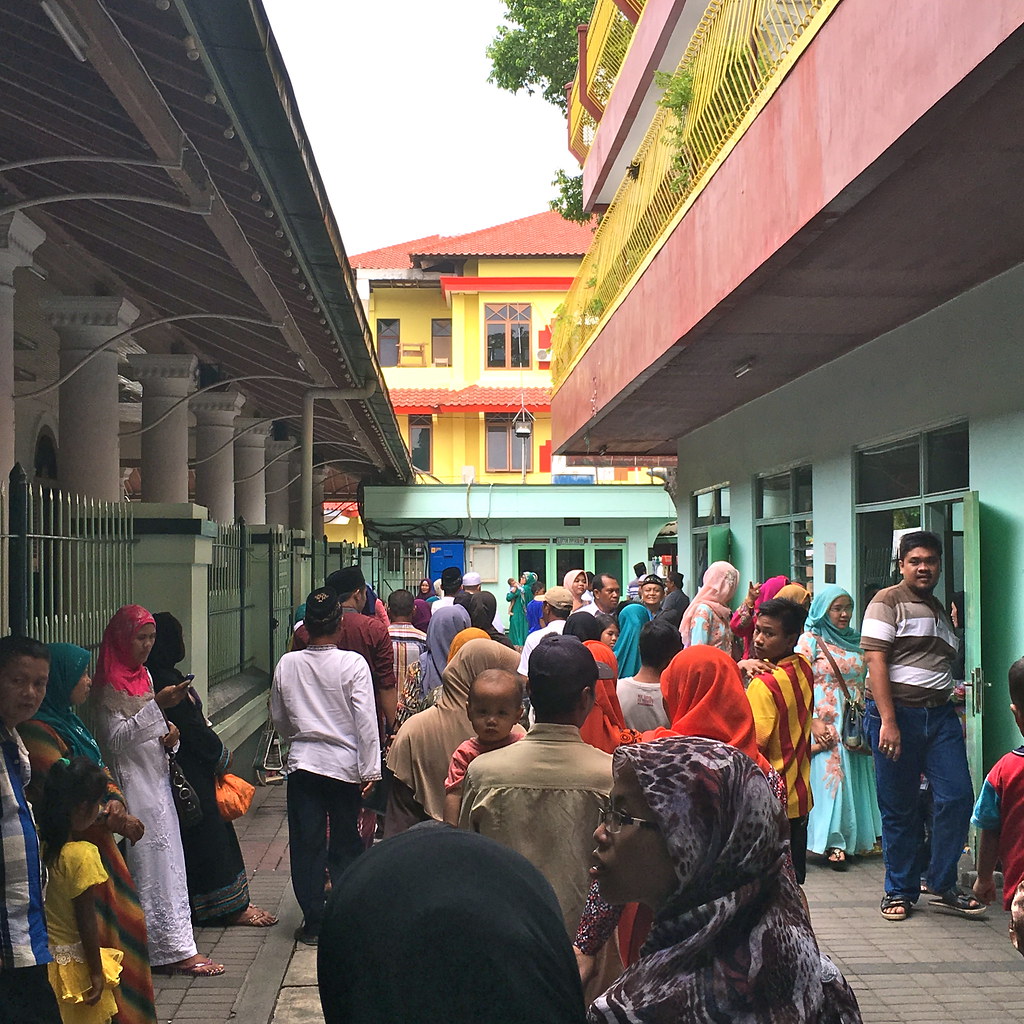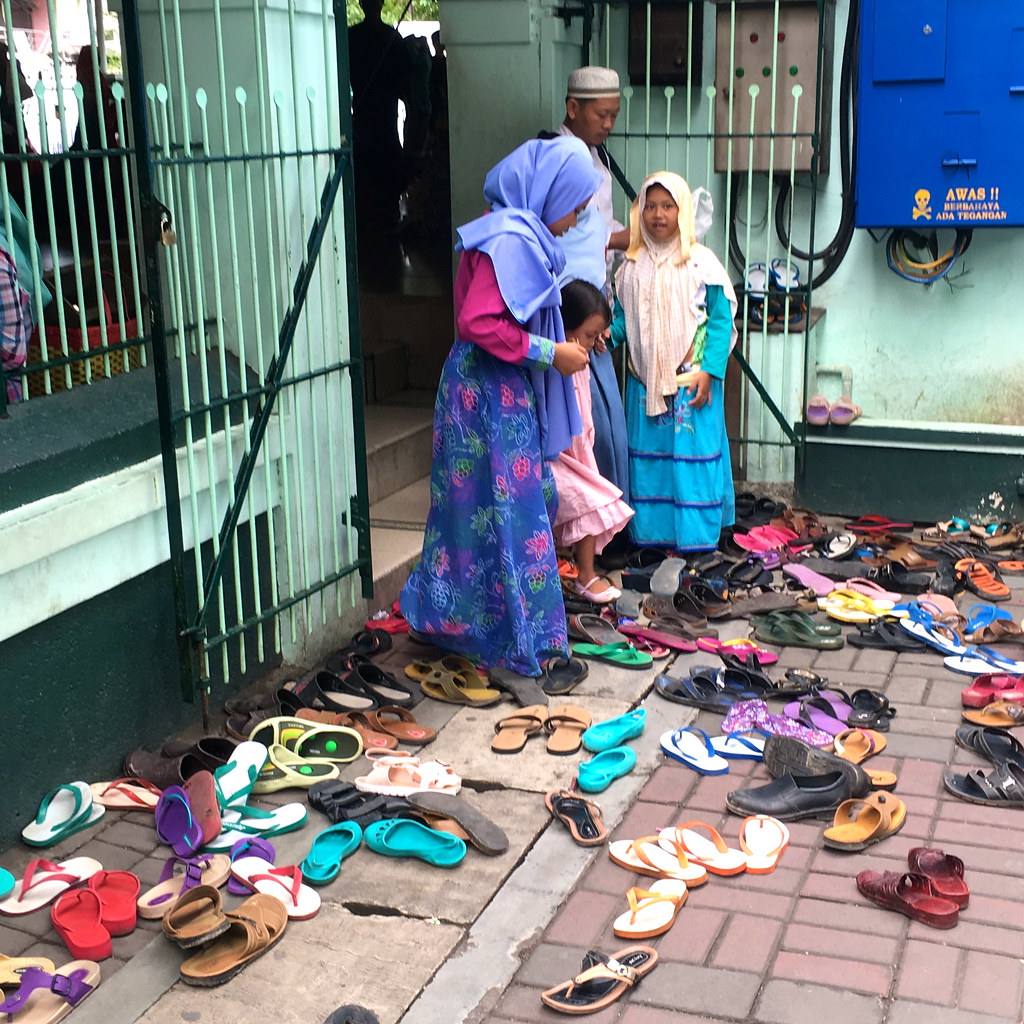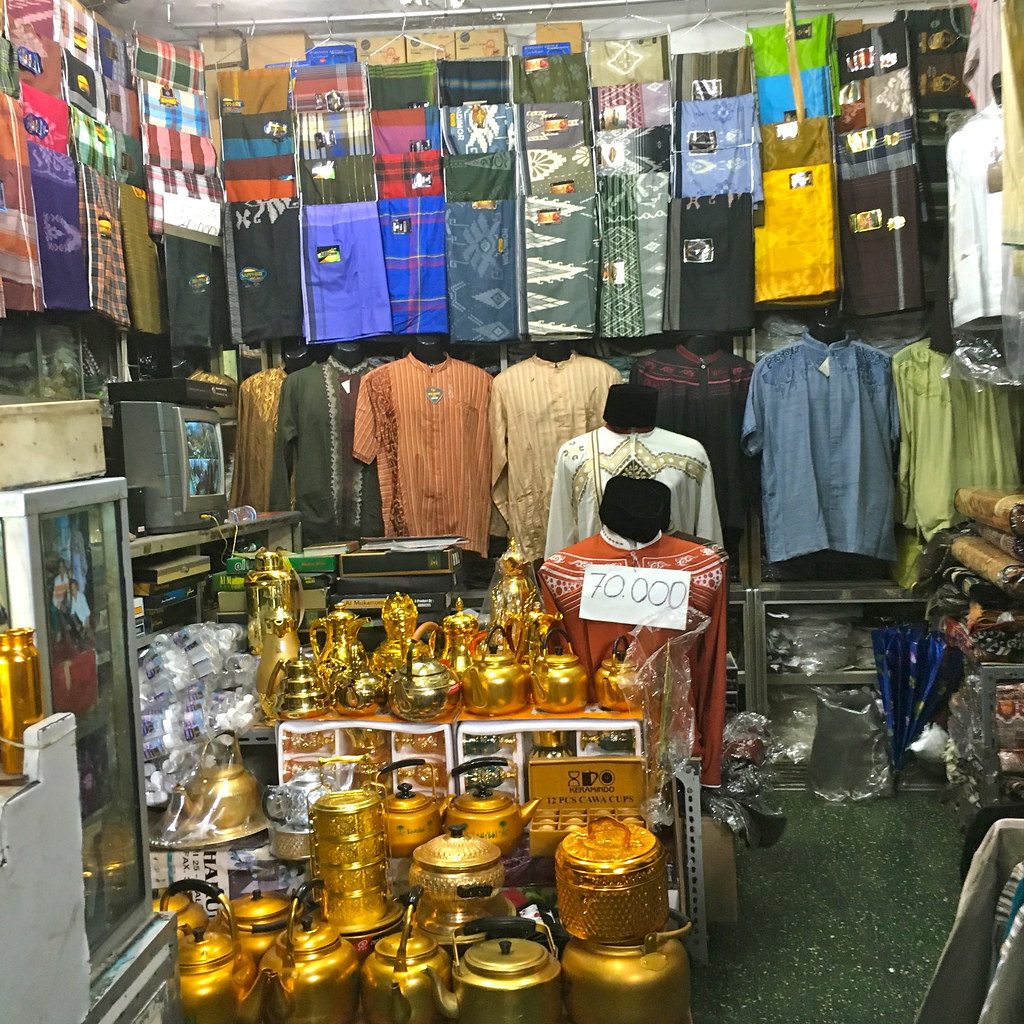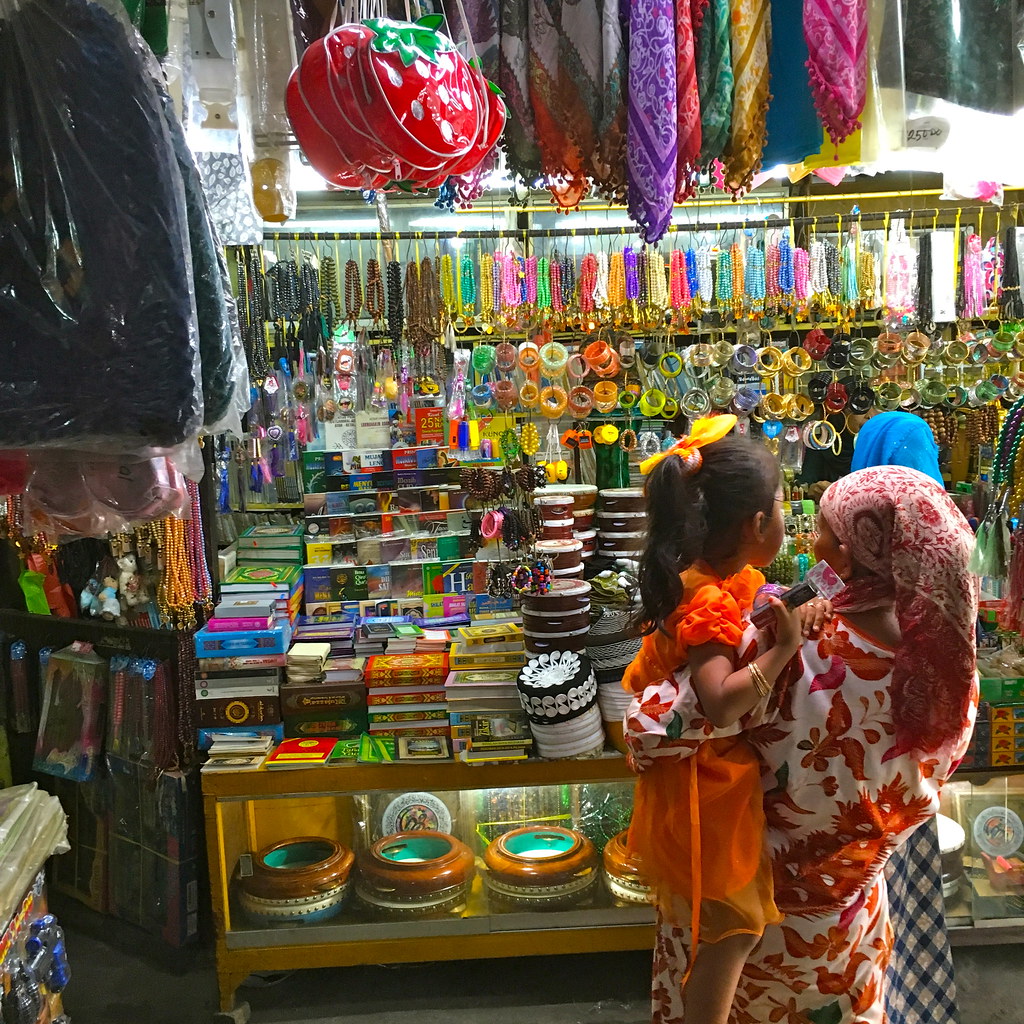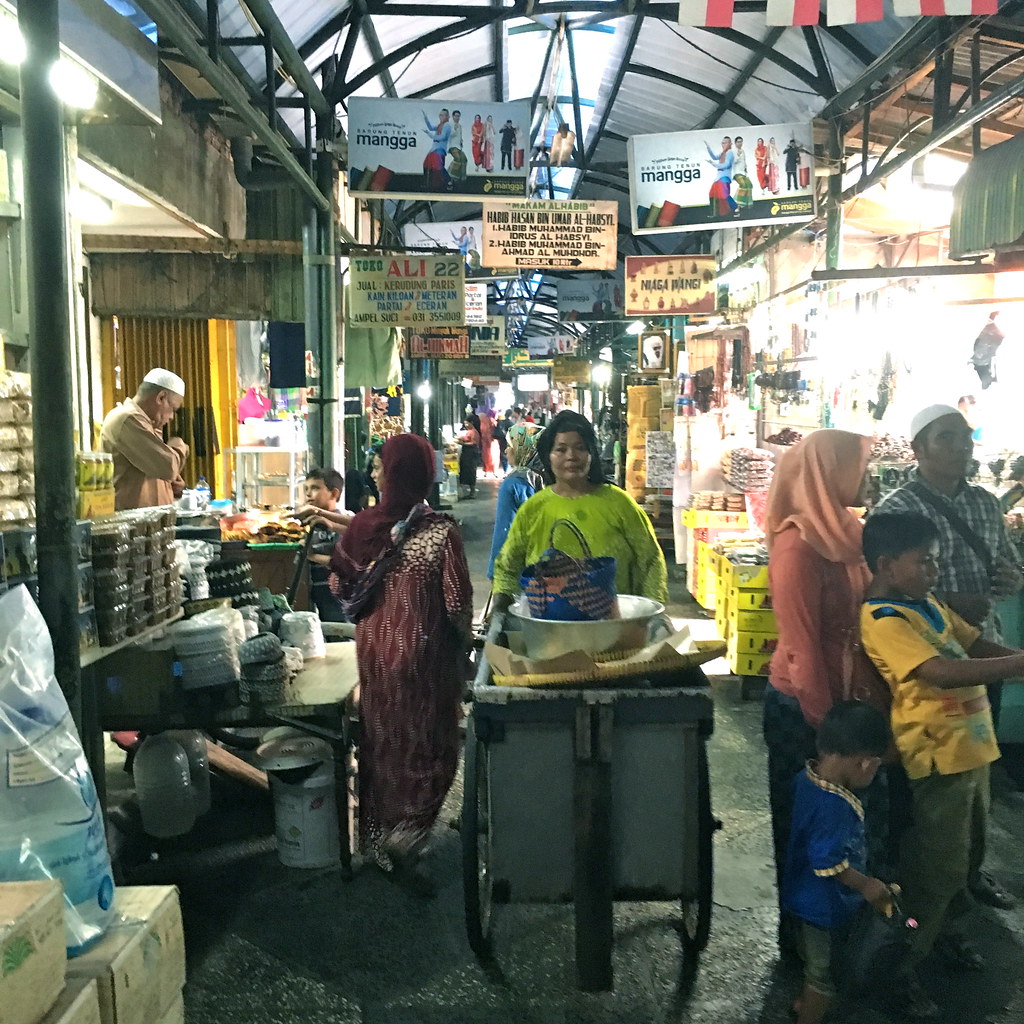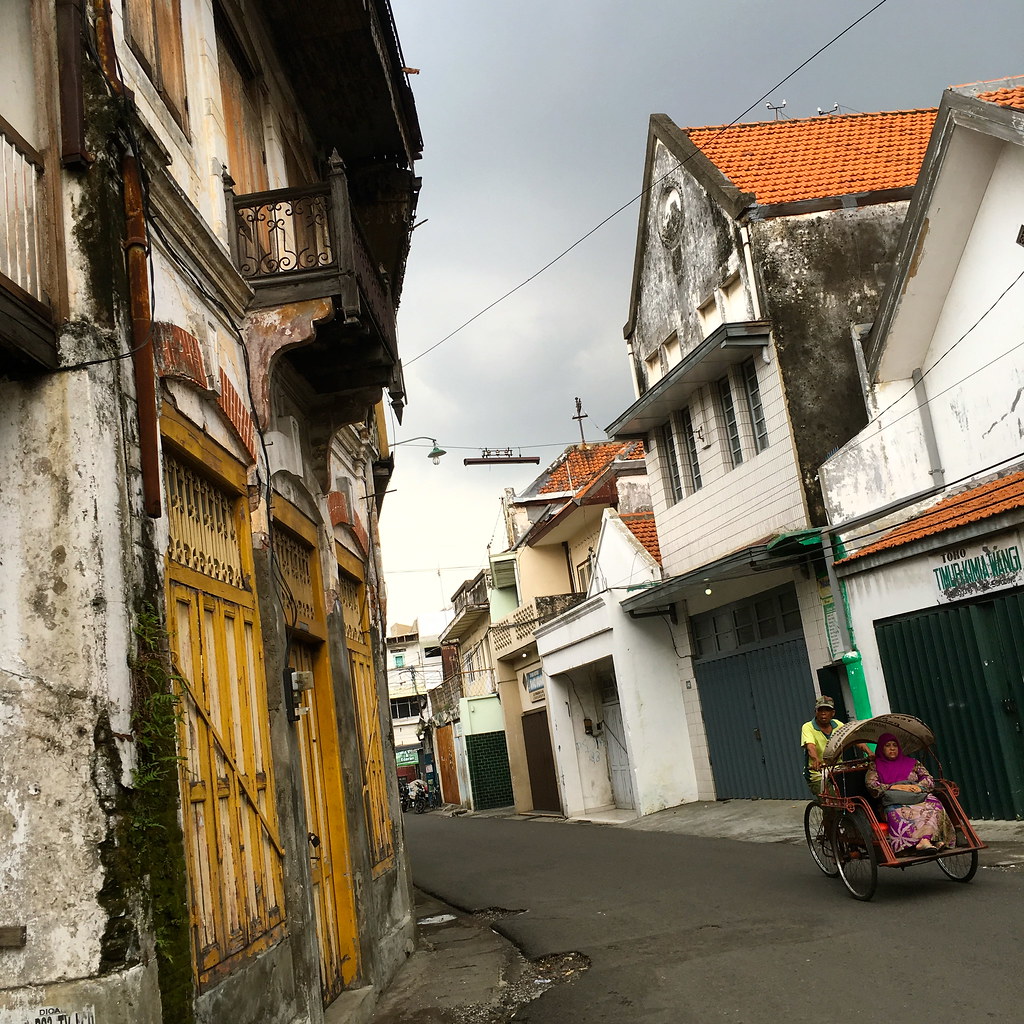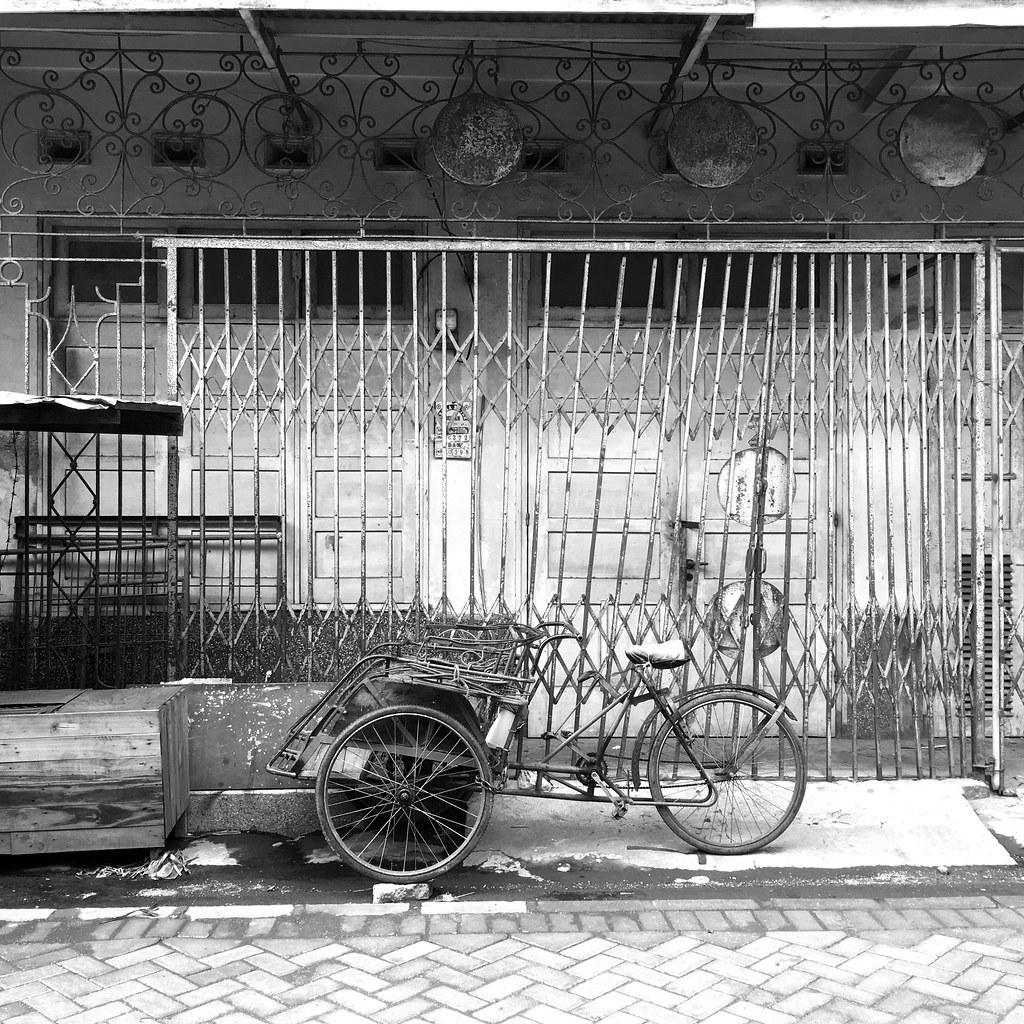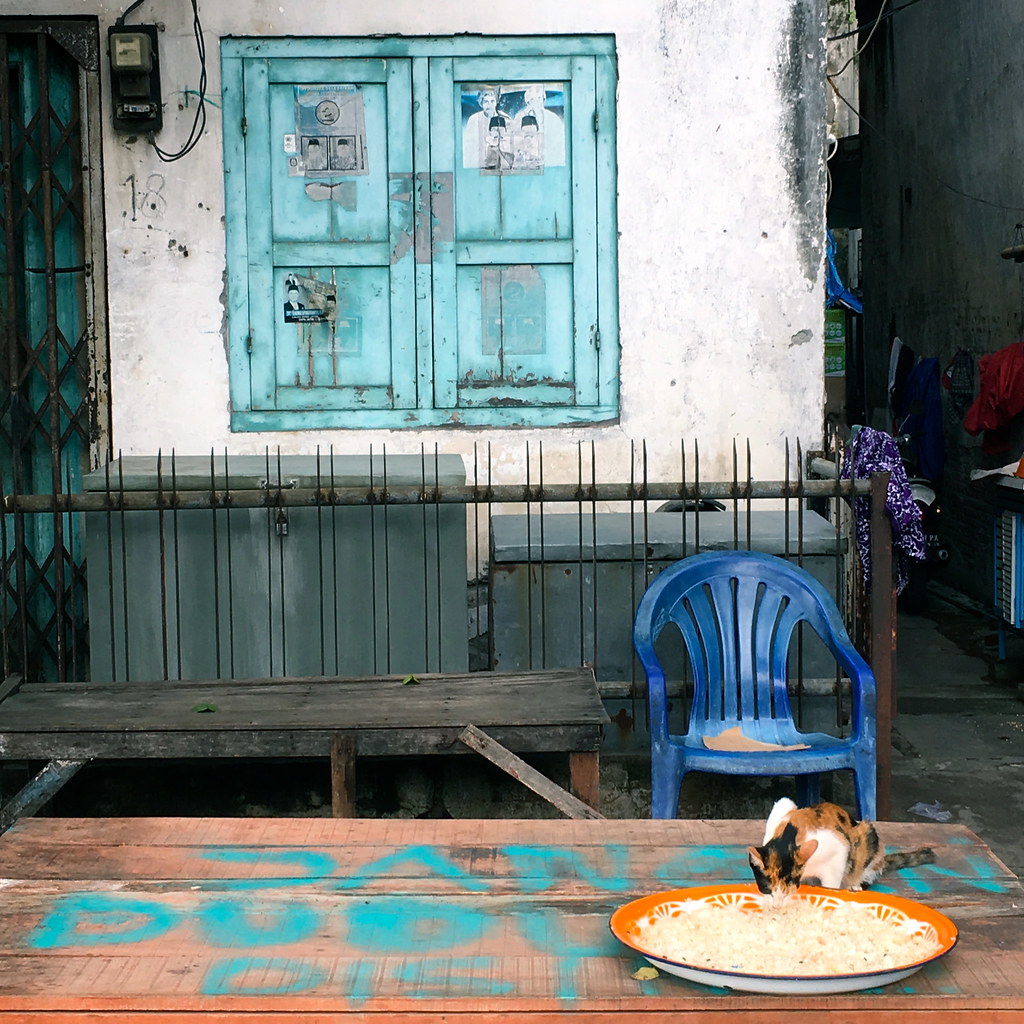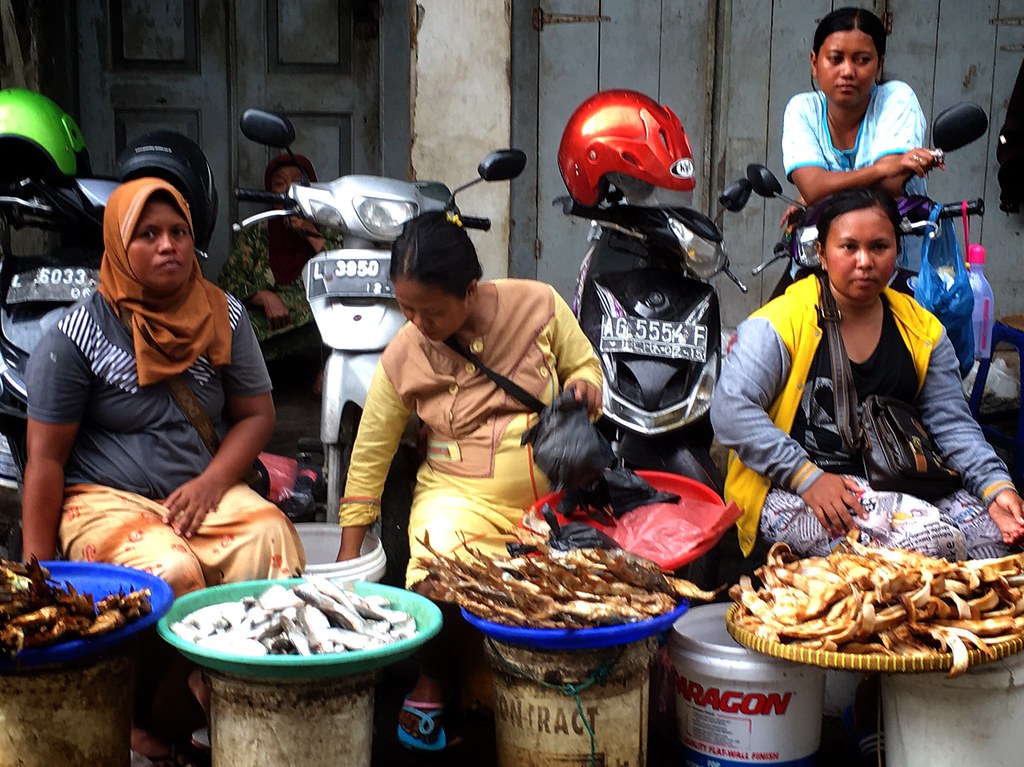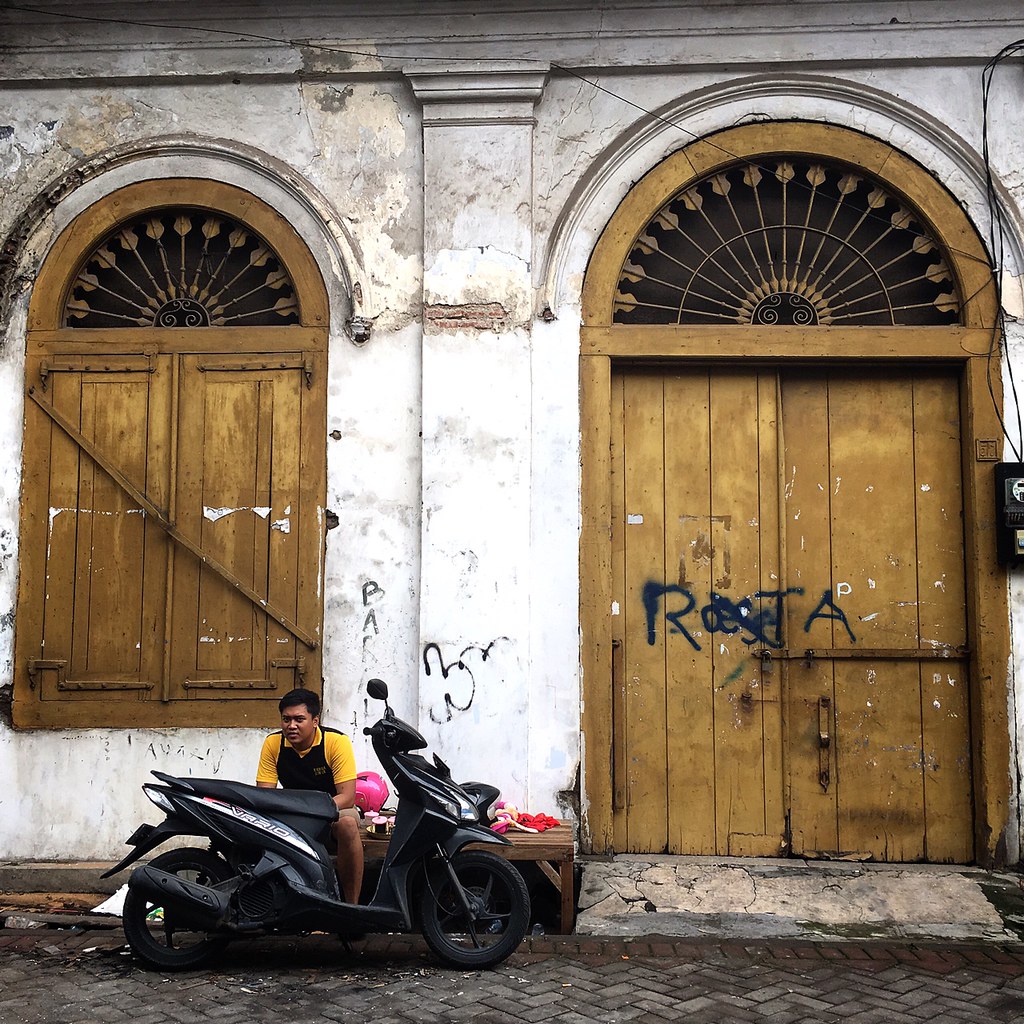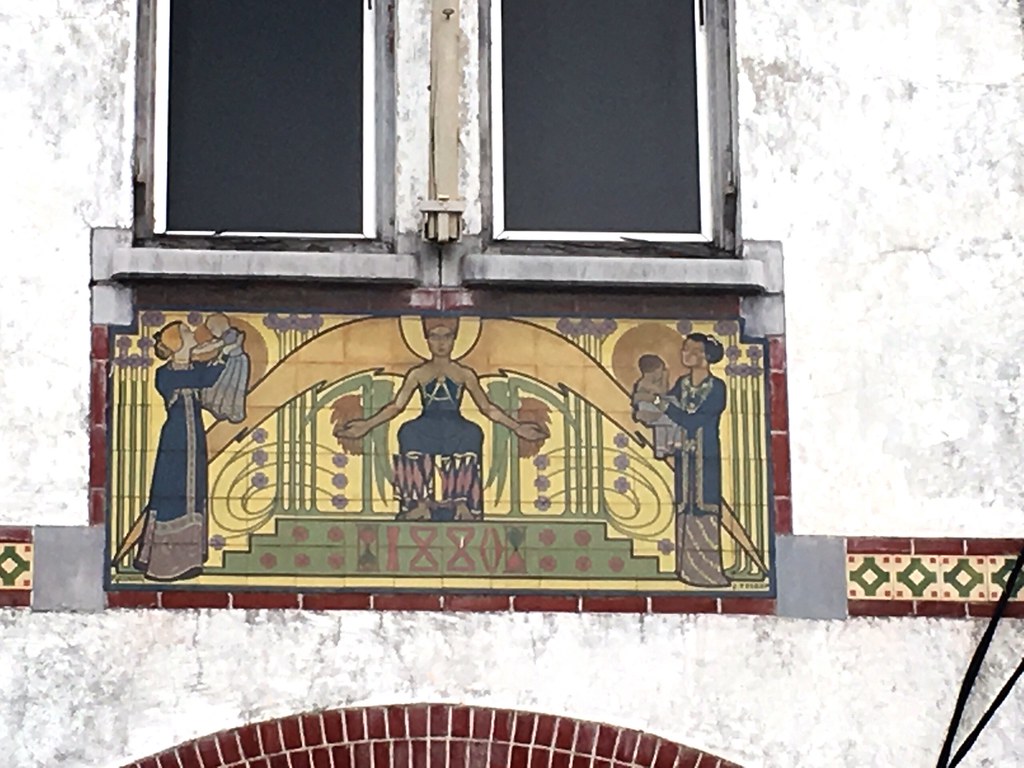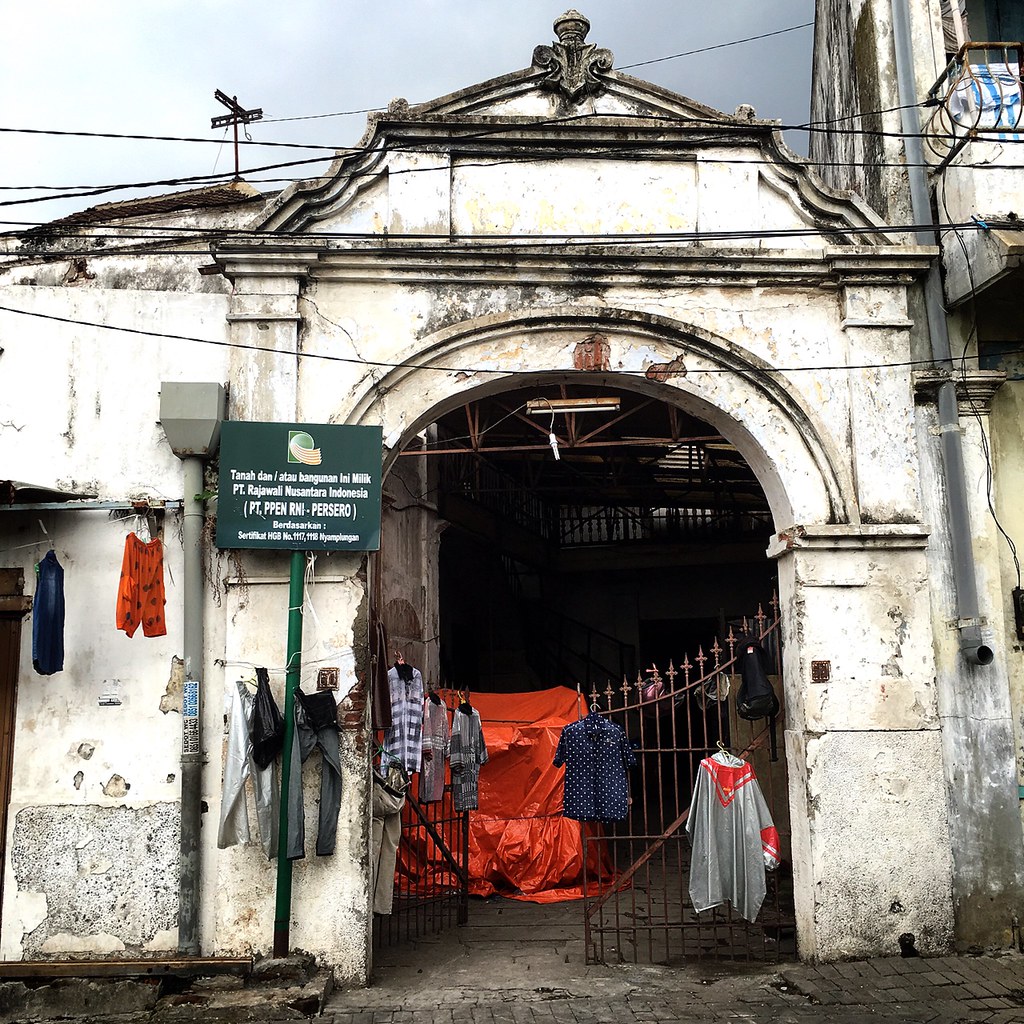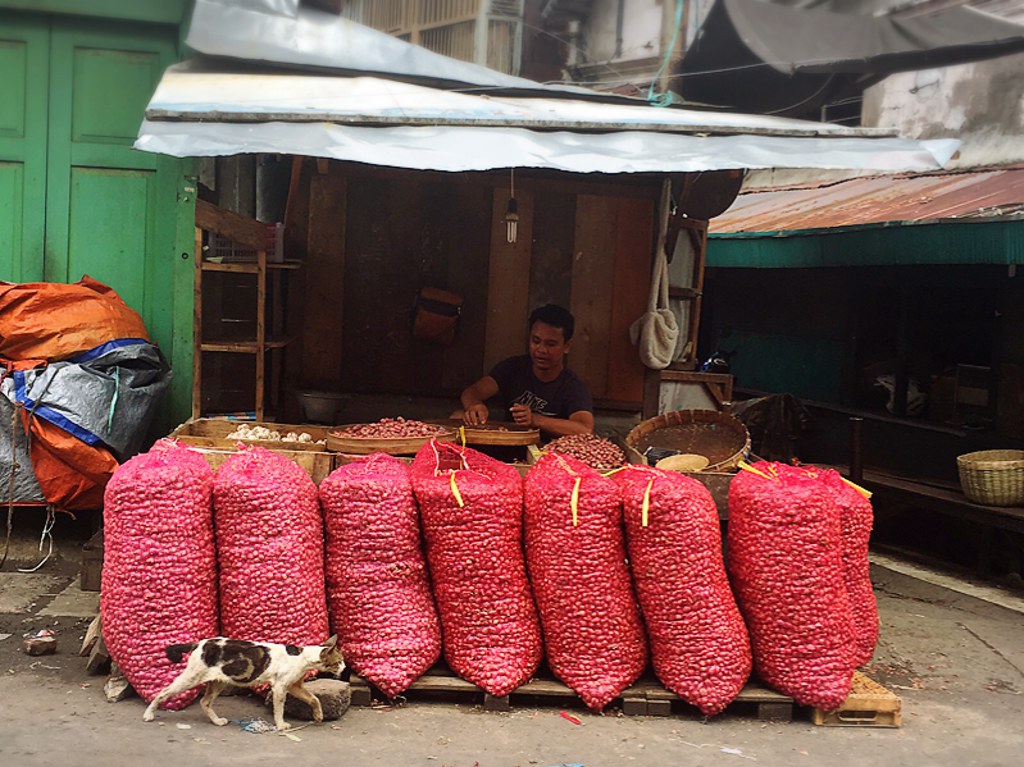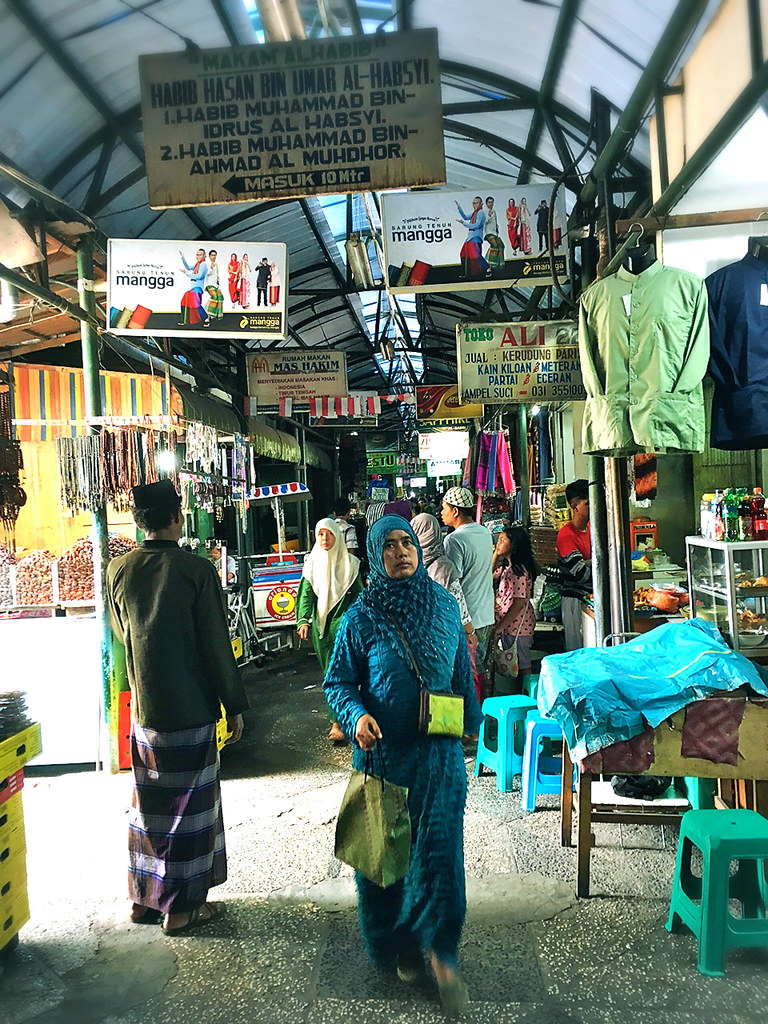Some of you know me in real life. You know I am not, and have never been, particularly feminine. Although I identify and present as a straight cisgender woman, I have gone through periods of questioning not my gender identity so much, but how much I wanted to have anything to do with the whole concept: there are people who don't desire to be either or any gender, and I briefly considered whether that, rather than 'not very feminine but otherwise female', was a better fit for who I was. The Jenna who landed in Taipei 10 years ago wouldn't have started a blog that, at times, focuses on women's issues - it was only several years later that I did so, after what I now feel was a fairly major personality upheaval, though I can't point to what exactly changed.
That Jenna also didn't cut, style or wear her hair down, and mostly wore jeans, khakis, cargo pants, Tevas or sneakers and plain solid-color t-shirts. She certainly didn't wear makeup and she rarely wore accessories. When she did they were small, often single charms on leather chains. Her favorite clothing color appeared to be some variation on brown. She tended to just look at the camera and smile without worrying too much if she looked good.
Does the person I describe - the person I very much was - resemble this?
Other than the no-makeup thing of course. I still don't wear makeup because, as a wise woman once said, "ain't nobody got time for that".*
Because that's what I look like as of this month, at least when my hair is cooperating, which it does more often now that I put effort into it. Effort pre-Taiwan Jenna would not have even considered putting into it long enough to reject the notion. She also would not have worn that necklace, nor would she have taken a selfie let alone posed in quite that way for it. She was a bit thinner (when you get married and hit your thirties you gain some weight, I refuse to feel bad about it although I am working to live a healthier lifestyle overall) but overall 2016 Jenna tries harder, looks a bit more feminine, and it shows. (This photo was cleaned up for color, and I removed a zit, but is otherwise accurate - Other Jenna would not have bothered to clean up the photo at all).
That other Jenna? She looked more like this:
Brendan and I weren't dating yet in this photo from our trip to Beijing, but you wouldn't know it
Or this:
That's not blush or rouge - I'm just sunburned
Or, if she wore her hair down, this, which I'm mostly showing you for the amusement factor:
This is not the outfit or pose of someone who gives a damn about how she looks - also, cheese
(I swear I am not stoned in this photo, but I would forgive you for thinking otherwise)
Note that it's not just the clothing, accessories and hair that have changed, it's the manner of how I relate to the camera, smile and pose. This is not reflected in every character trait I have: some things have not changed - I'm still not ashamed of burping in public if I have to, I've started drinking stronger alcohol (Other Jenna probably would have gone for wine or a sweet cocktail, whereas Jenna Today keeps a bottle of Laphroaig in her home office), I still swear like a particularly surly sea captain, I'm still a bit loud and I laugh like the megaviral Chewbacca mask woman (to the point where a friend pointed out that our laughs are eerily similar and I can't disagree). I still don't wear high heels.
But some things, honestly, have. I own more than two hair products, a round brush and a hair dryer which I actually use sometimes. Other Jenna seriously did not have a hair dryer - what's wrong with regular air? Air works. Those hair products come from Aveda, where Other Jenna would never have shopped. I have a bottle of Chanel No. 5 (it was my mom's, she would have wanted me to use it - waste not want not and all) that I actually wear, I have a bag of high-end makeup that I still don't wear, but break out for special occasions (Other Jenna didn't even wear makeup to weddings or job interviews). I've switched to big jewelry, lots of scarves and bright colors, and actually wear skirts. I own a sundress! Other Jenna never owned a sundress. I do not own a pair of khakis or a pair of cargo pants, which Other Jenna would have found incomprehensible. I used to wear men's jeans but don't anymore. I even buy women's sneakers in more typically feminine colors (not pink - ugh no - but purple, fuchsia and teal are fine. Other Jenna wore gray, navy or black sneakers). I own a pair of heels! They are not very high, and they're boring and black and from Clark's, but I can hear other Jenna screaming. Heels!
There's no proof that this has anything to do with living in Taiwan - people change naturally all the time, but I can't help but think that Taiwan has had some sort of influence.
As much as I write about how Taiwan is a pretty good place for women, how, despite it not being a gender-equal paradise by any means it's the best you'll find in Asia and many of the problems found here are also found in Western countries, I have to say that there is a greater societal expectation of women looking and acting more feminine, and my "Get Out of Jail Free" card because I'm a foreigner doesn't work very well to let me out of it. I've never quite been asked the question I was once asked in China - excuse me, would you mind telling me if you're male or female? in the most polite Chinese the person could muster - but I did have a student once blurt out, after I pointed out that they were teaching me Taiwanese swear words that they admitted they wouldn't say in front of a woman, "you are a man!"
He meant "you don't come across as particularly feminine so I am comfortable treating you like one of the guys", but...heh.
For every makeup-free fortysomething on the MRT and every obasan who will cut you if she doesn't get her way, I sometimes feel bombarded with far more oblique references to expectations that I, and every other woman, should make certain efforts to look and act like stereotypical women. From the office workers at my old job pointedly complimenting me the one day I did wear makeup, to much more open comments about my looks - I know I'm no stunner and I'm not sure I ever cared, but thanks for that - and what I am, vs. what I should be, wearing to students and acquaintances openly discussing how women liked to shop and look pretty, and being genuinely surprised when I said I wasn't a huge fan of either, it's just more out in the open here. All your ideas that Asia is a place where people don't say what they mean and communication is indirect, between-the-lines, high-context culture etc. etc.? Yeah, no. Not when it comes to commenting on looks or gender roles. Not at all.
In terms of looks, it seemed to start fairly soon after arriving. About a year or so in, I went to a wedding back in the US and wore makeup for the first time in years, and a dress which is just nuts:
Then I started to cut and even sort of style my hair, though I didn't keep up with dying it:
It's Margarita O'Clock at the long-closed Yuma!
Then I started paying more attention to my overall dress, hair and looks:
...and then one day I woke up and I was using premium hair products, wearing skirts and statement necklaces and thinking about how I smelled beyond "not like anything which is better than how humid Taiwan weather makes a lot of people smell". And then I took the picture at the top of this post.
Would I have changed as much without the influence of Taiwan - that is, does Taiwan have nothing to do with what would have been a natural evolution of my personality regardless of where I lived? Maybe. But somehow, I don't think so. I just don't see how I would have started to give a shit without the fairly common, open comments on how I and other women look and the constant, always-there, sometimes-tacit-sometimes-not expectations here how how women present themselves. Granted, the US has those too, but I do feel they're not shoved in your face quite as much. People don't openly comment on your skin, eyes, lack of makeup etc. there, at least not as often.
I can honestly say, as well, that I care far less how I look when I go back to the US for a visit. When I moved to Taiwan I couldn't imagine bringing the one fancy pair of shoes I owned - knee high black leather boots, which I still have 'cause they're quality - I couldn't imagine needing or wanting to wear them. Fancy shoes were for the US, I thought. Now I have them here and wouldn't dream of packing them for a trip to the US, because sneakers are fine, who cares? Naw, it's fine, I know I'm in PJ bottoms but I'll run to the store, it doesn't matter, nobody cares, it's just upstate New York.
(To be fair one time when I really don't give a damn in Taiwan is when I'm going to Wellcome or 7-11, because no matter how shabbily I'm dressed someone is always wearing something more jacked up than me and the clerks couldn't give any less of a damn).
It could be that I've gone from a twentysomething cube monkey in a crap office job in the US and no disposable income to a thirtysomething professional with a reasonable amount of disposable income. It could be that I take my job and therefore how I present myself for it more seriously.
And I can say that while I've started putting more effort into my appearance, my core personality hasn't changed much. If anything, I swear more than I used to and am far more frank and, at times, caustic than I used to be (I'm still learning when to shut my trap). I just don't care as much what people think of who I am inside - if they don't like Meanie McSwearalot that's their fuckin' problem - as much as perhaps I do care how I present myself on the surface. So some things haven't changed, or at least, some parts of me have not become more feminine.
But some, most certainly, have. Even personality wise - Other Jenna wouldn't have cared that she doesn't really have a 'BFF' nearby (and it's true, I don't have a bestie in Taiwan, lots of friends, even very close friends, but not another woman I can talk about periods&vaginas&boys&hair-in-weird-places&stuff with). That's not a bad thing, but I do wonder sometimes what is up with the statement necklaces.

